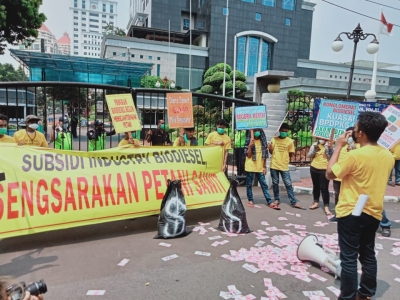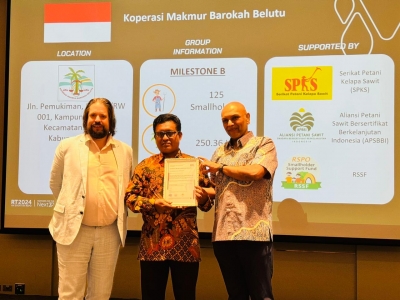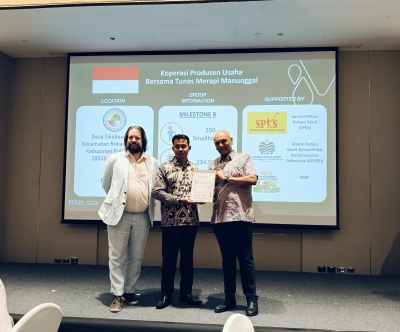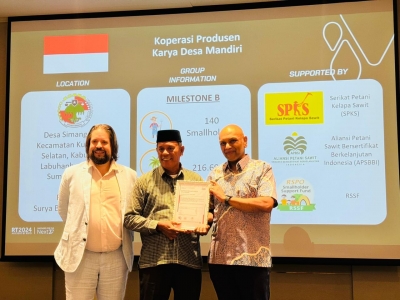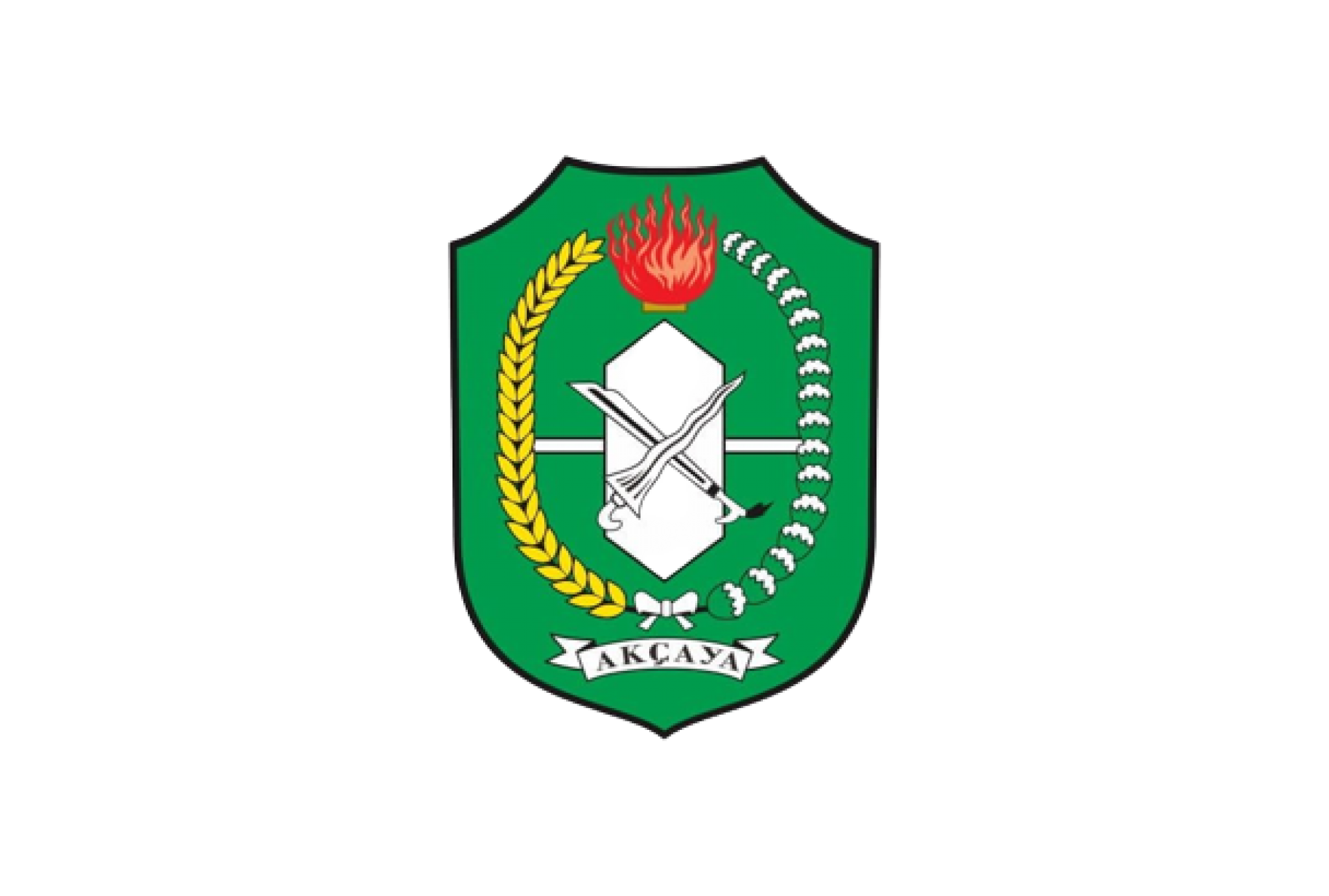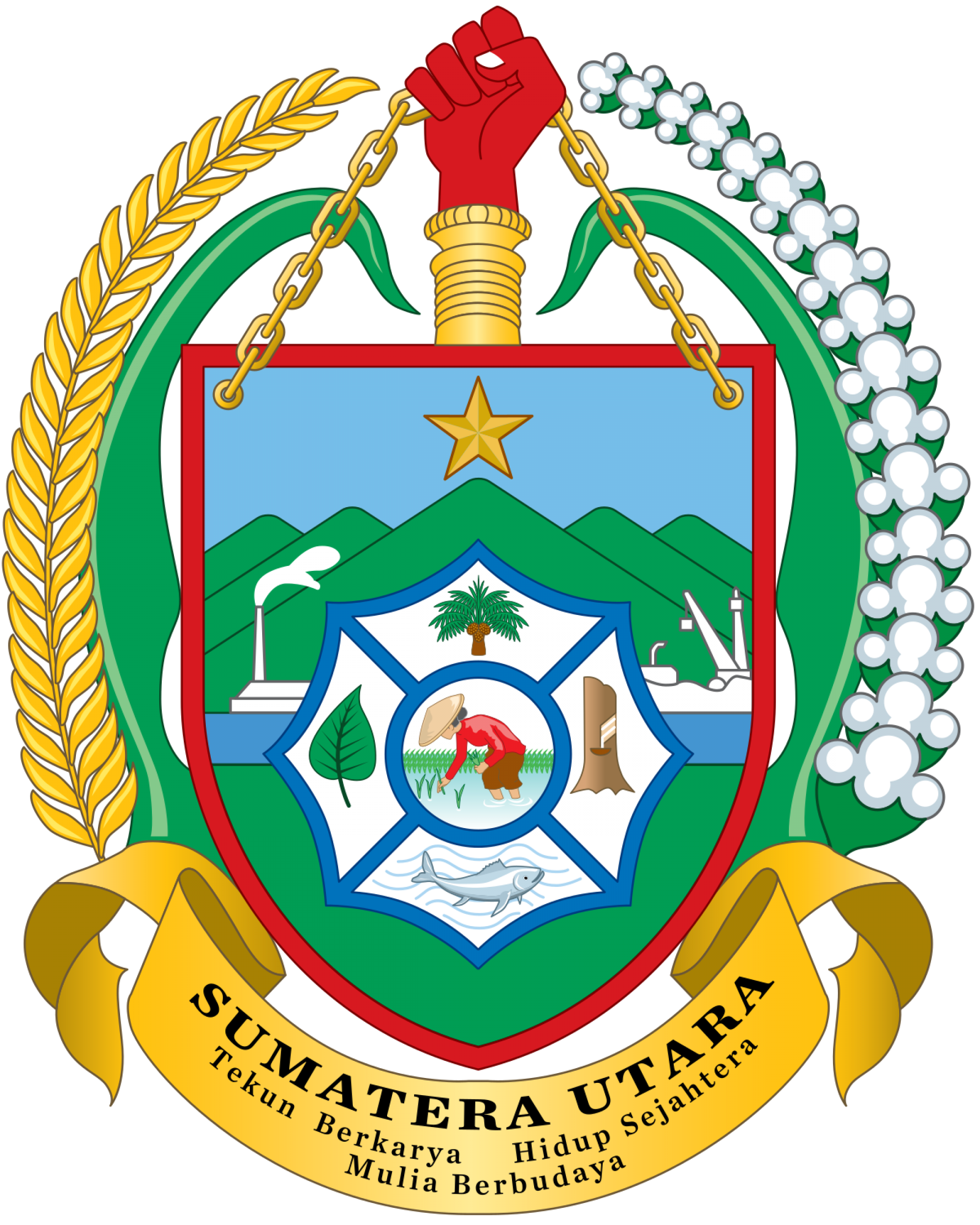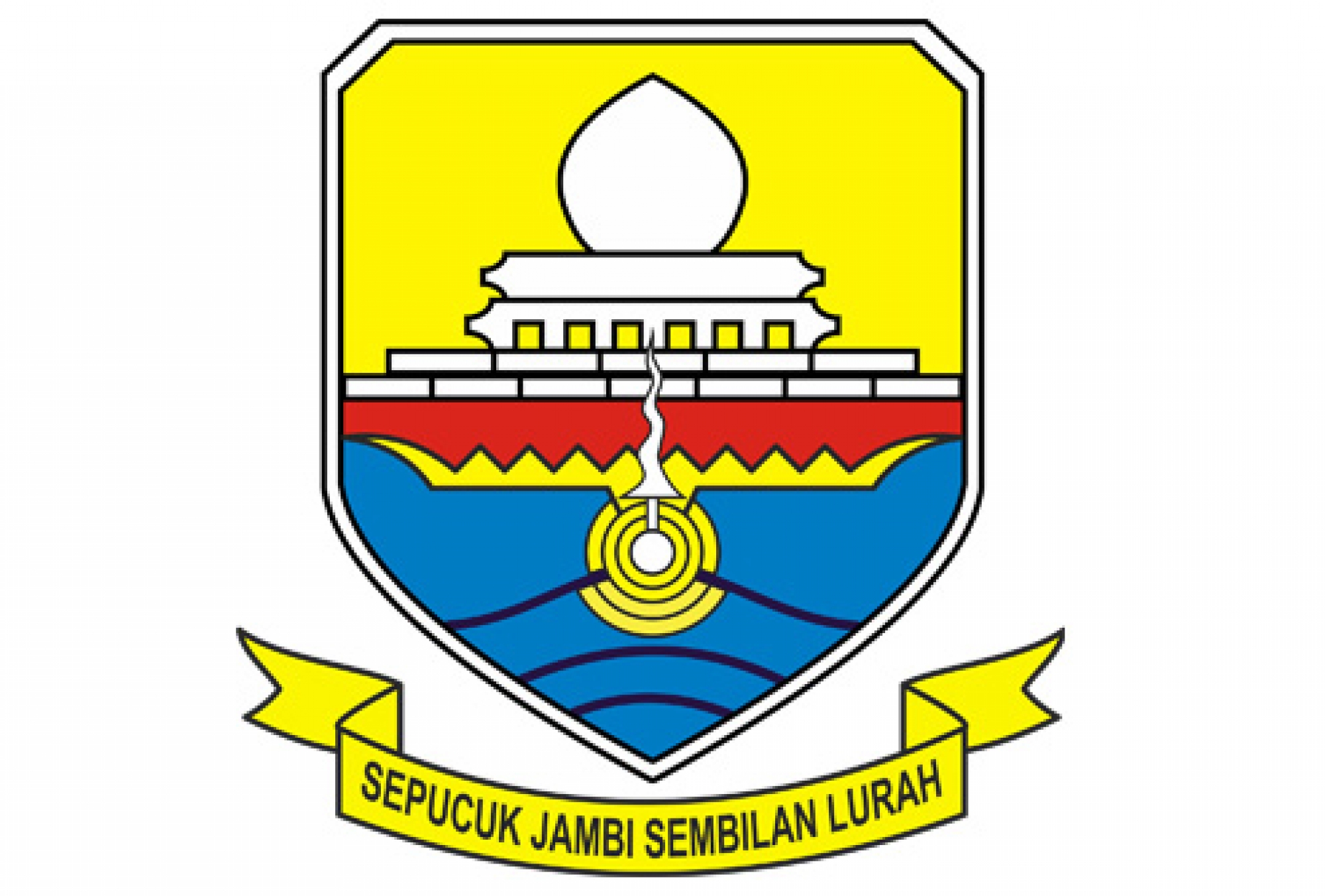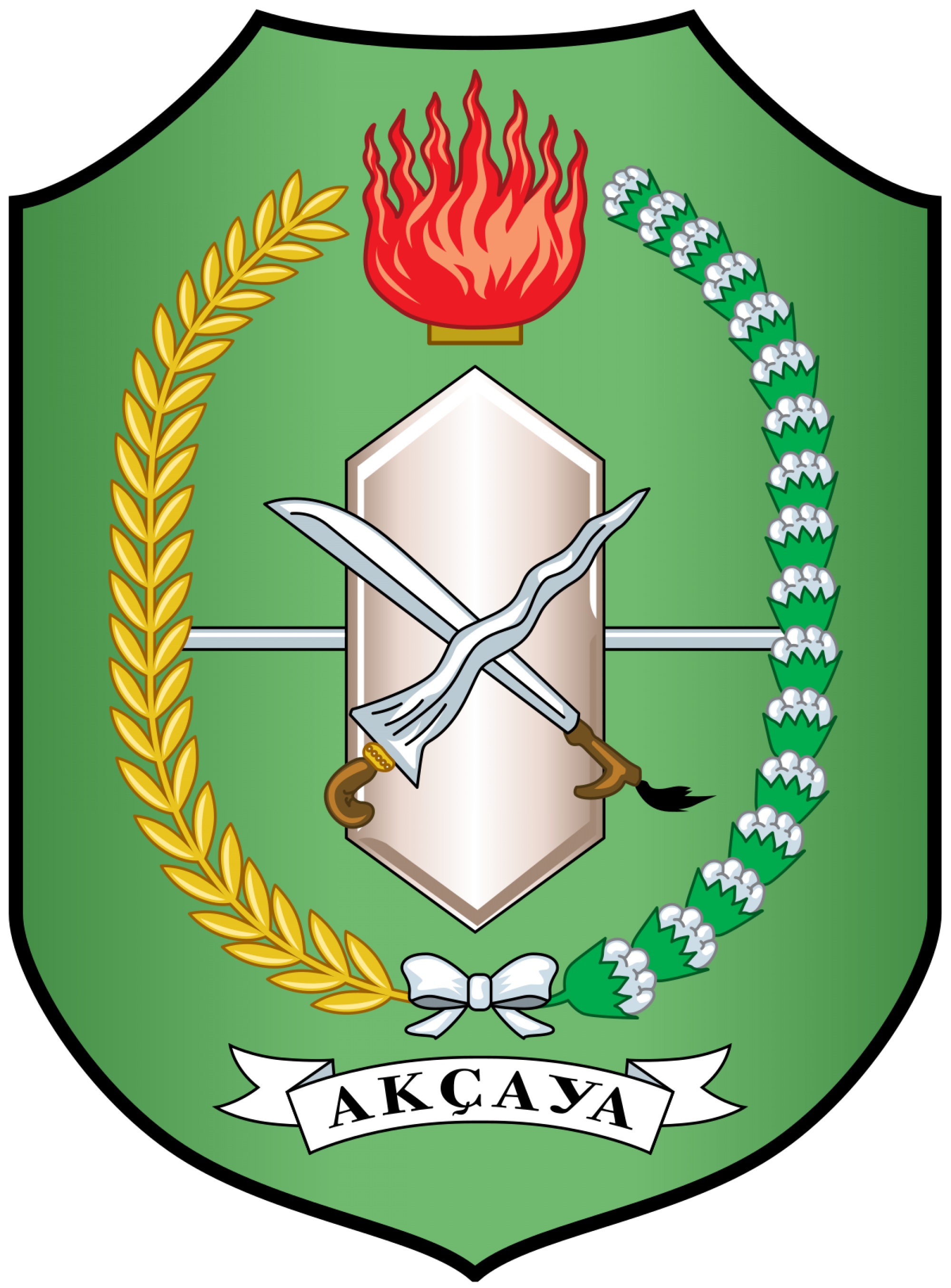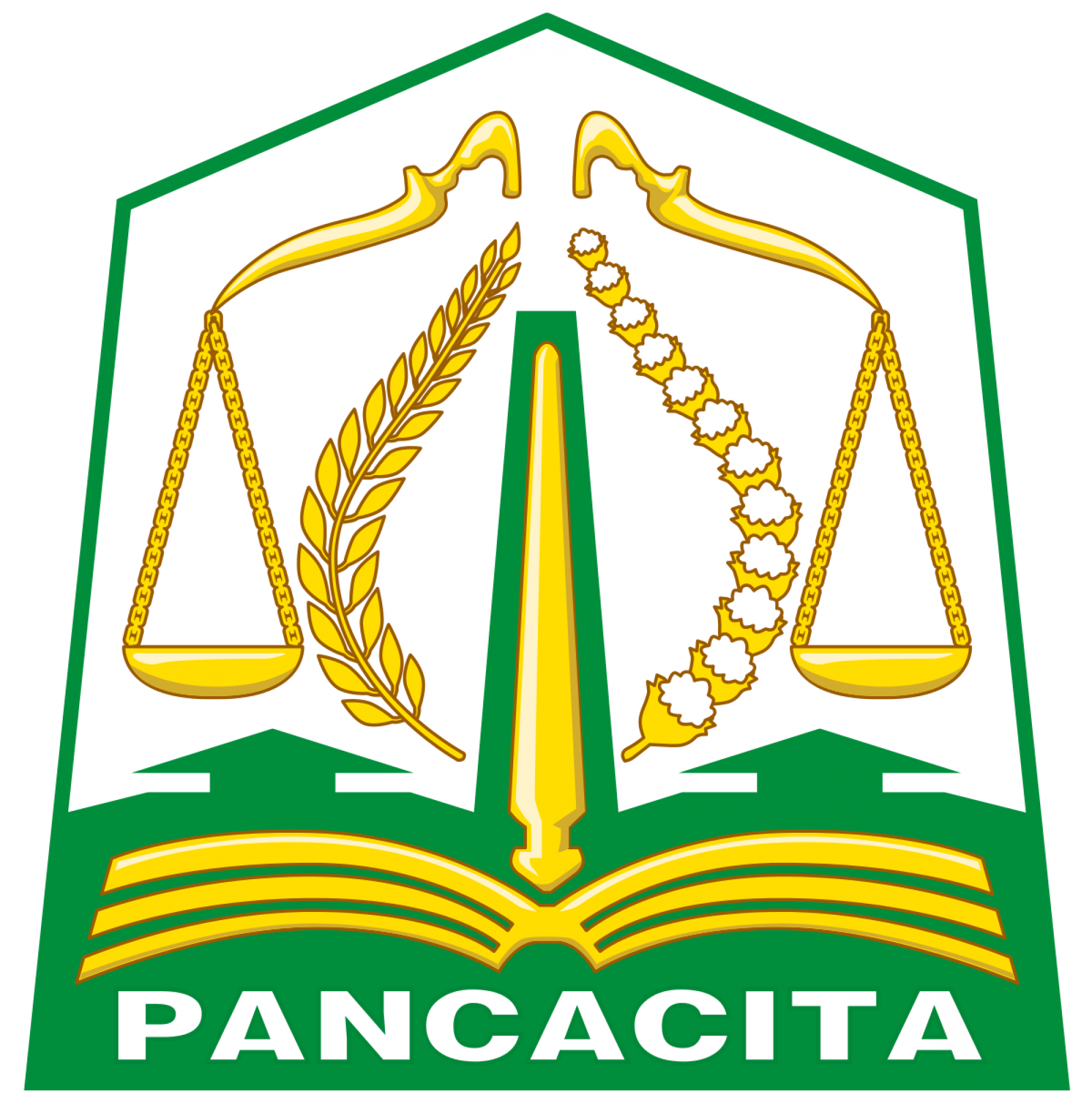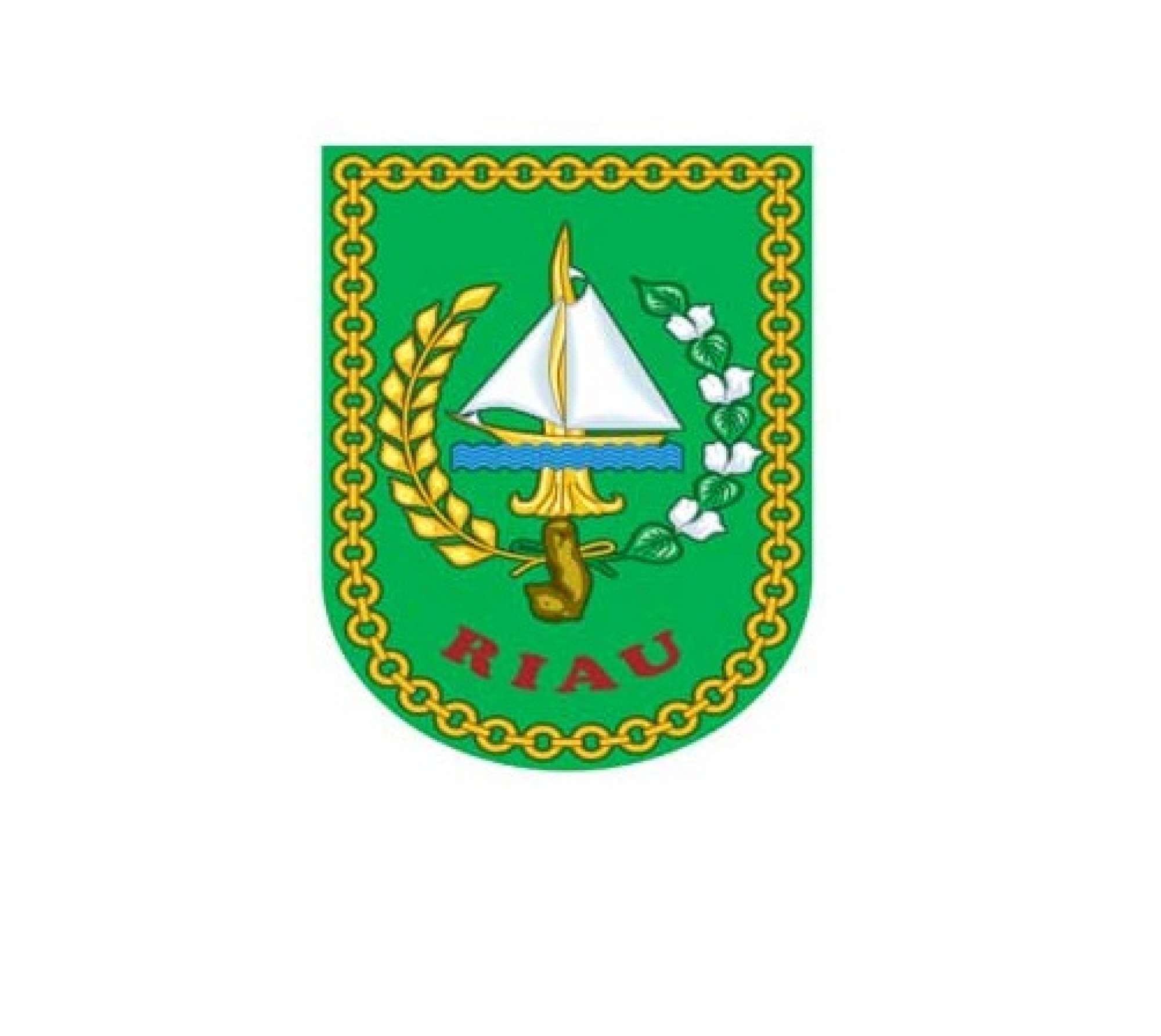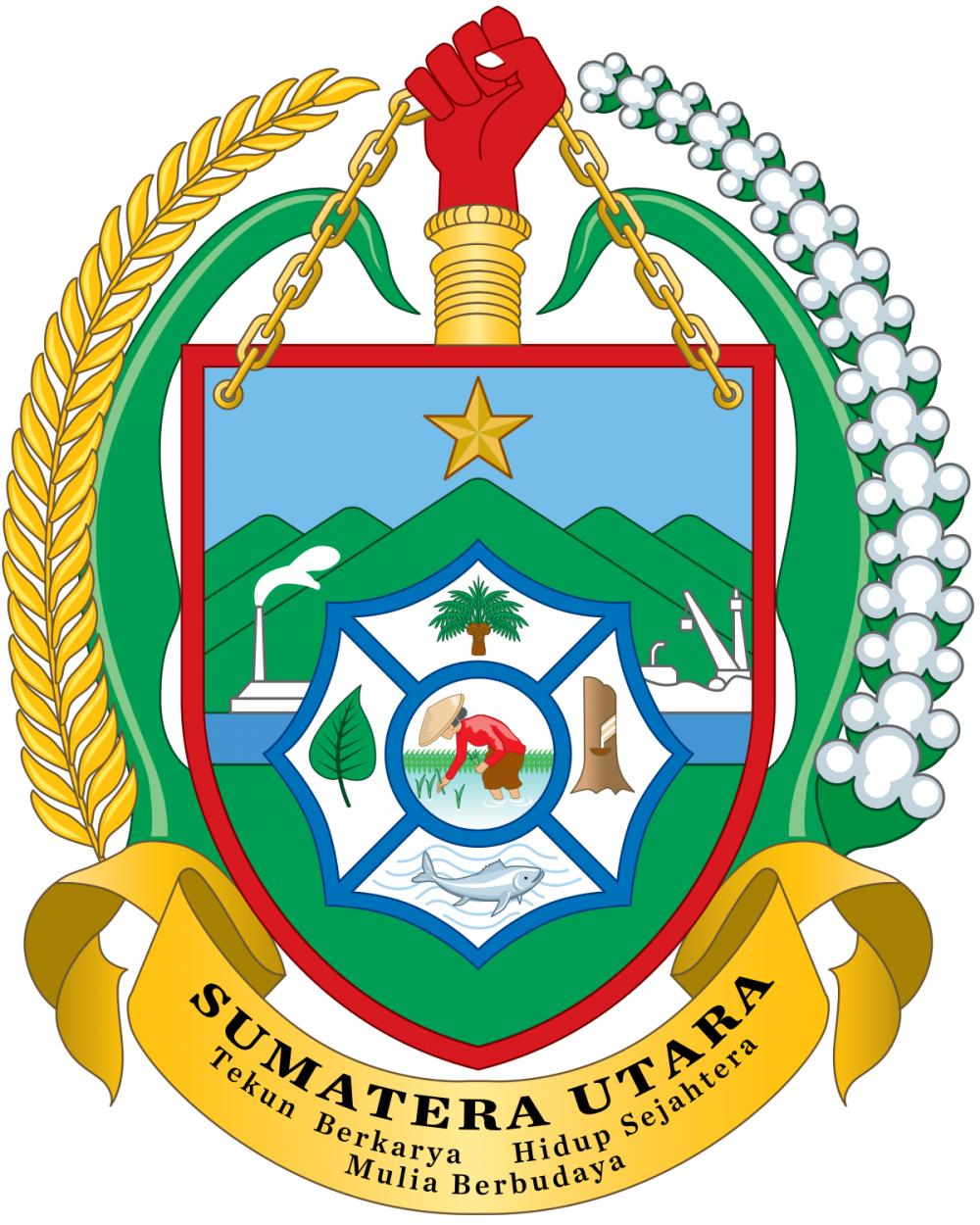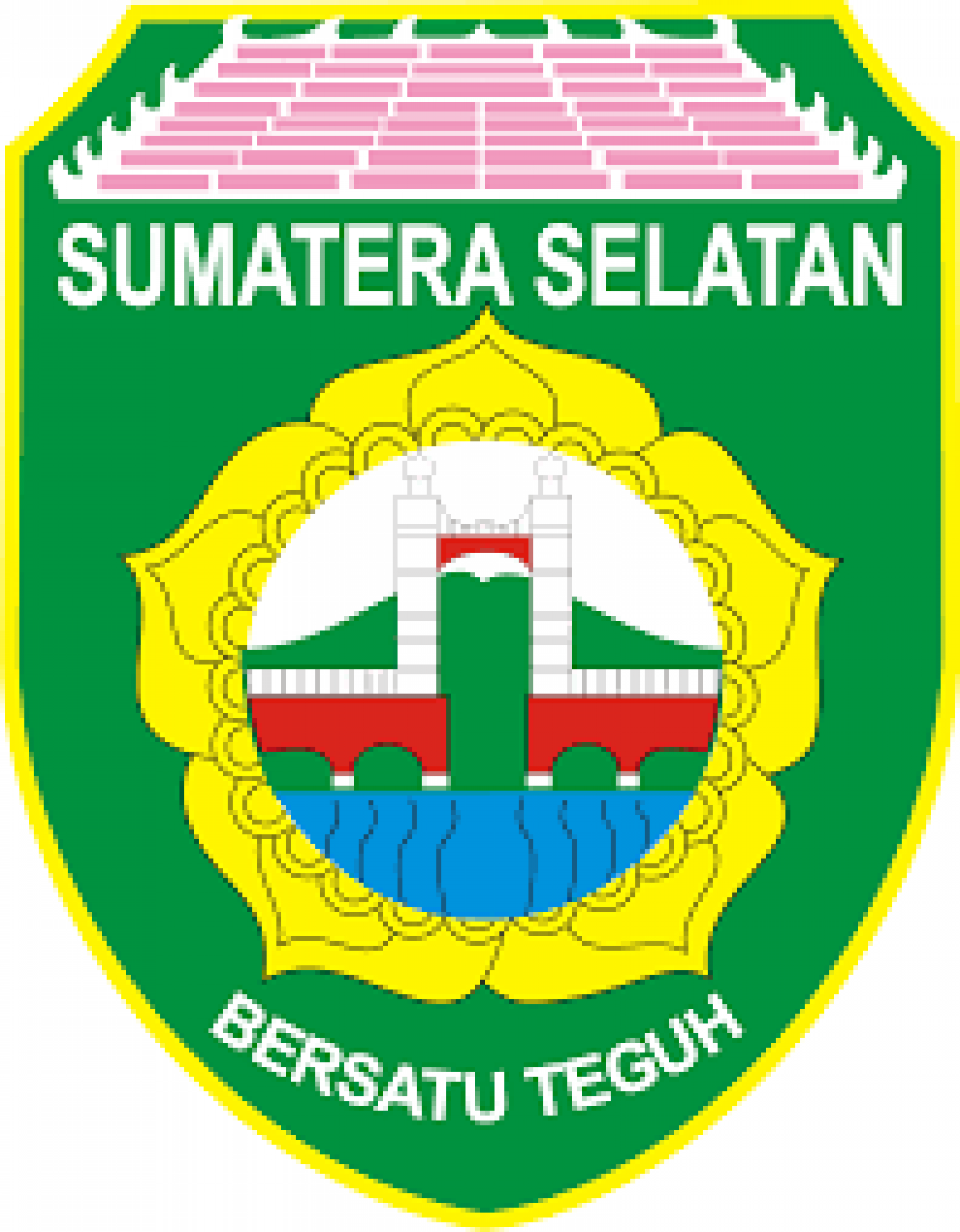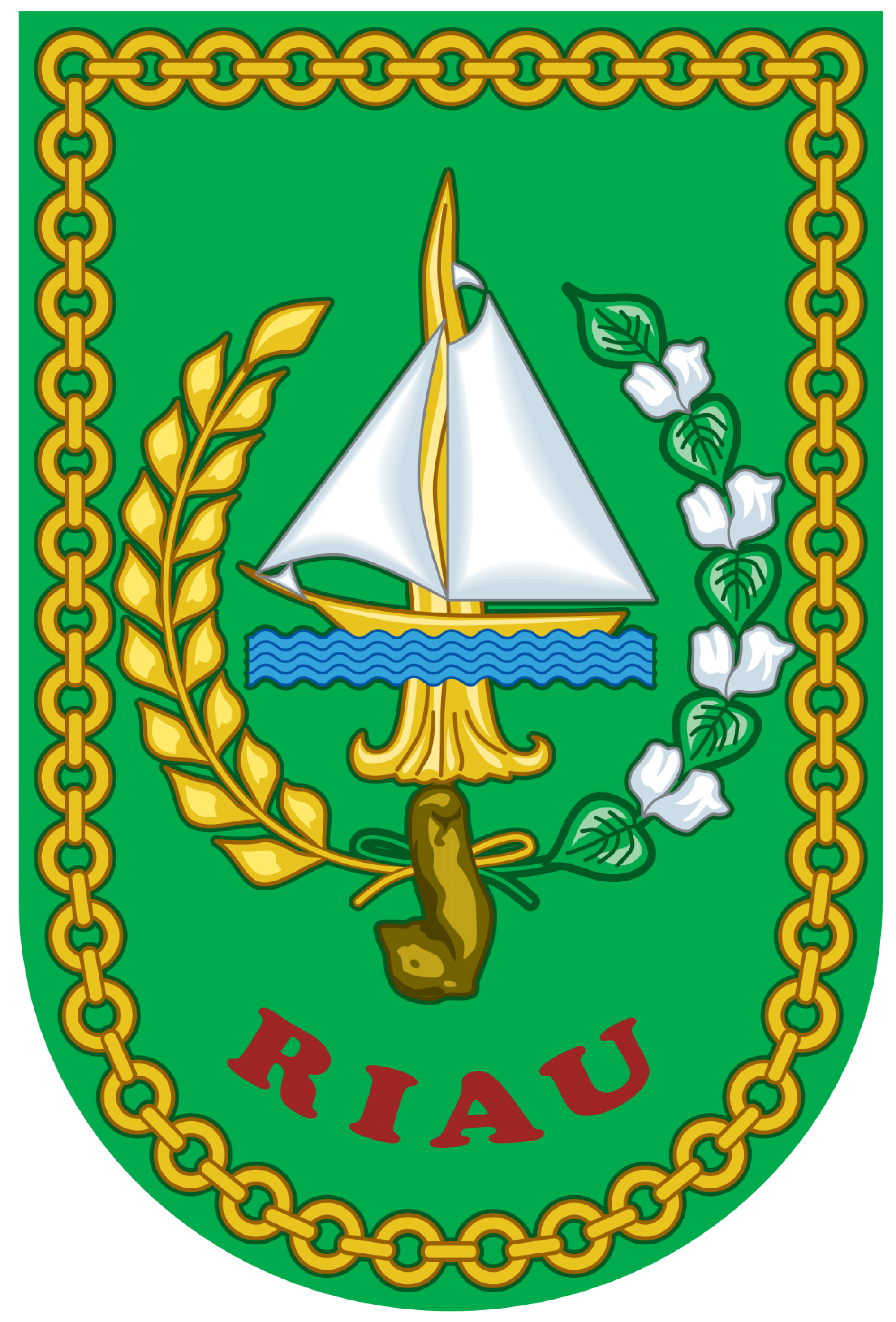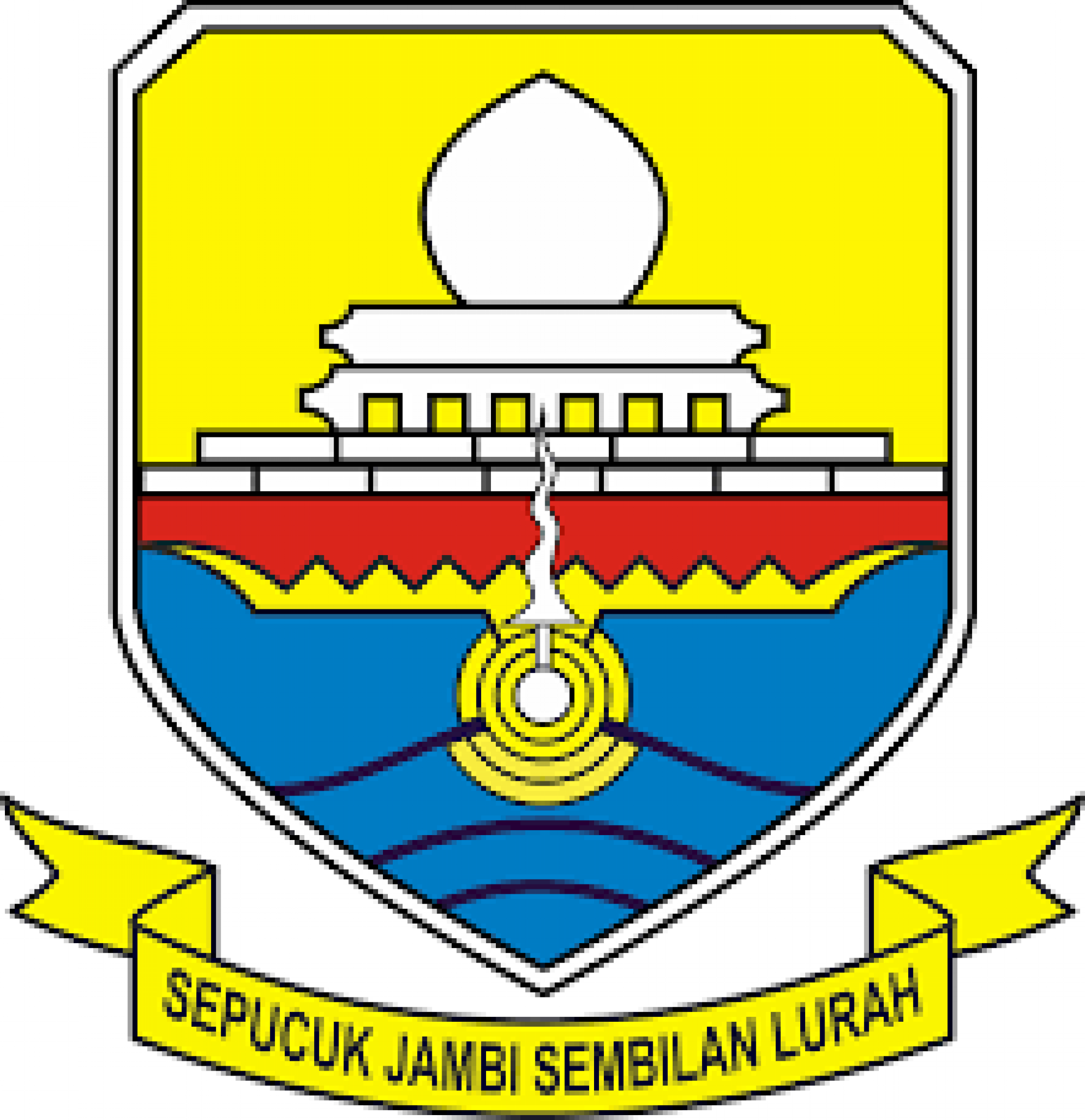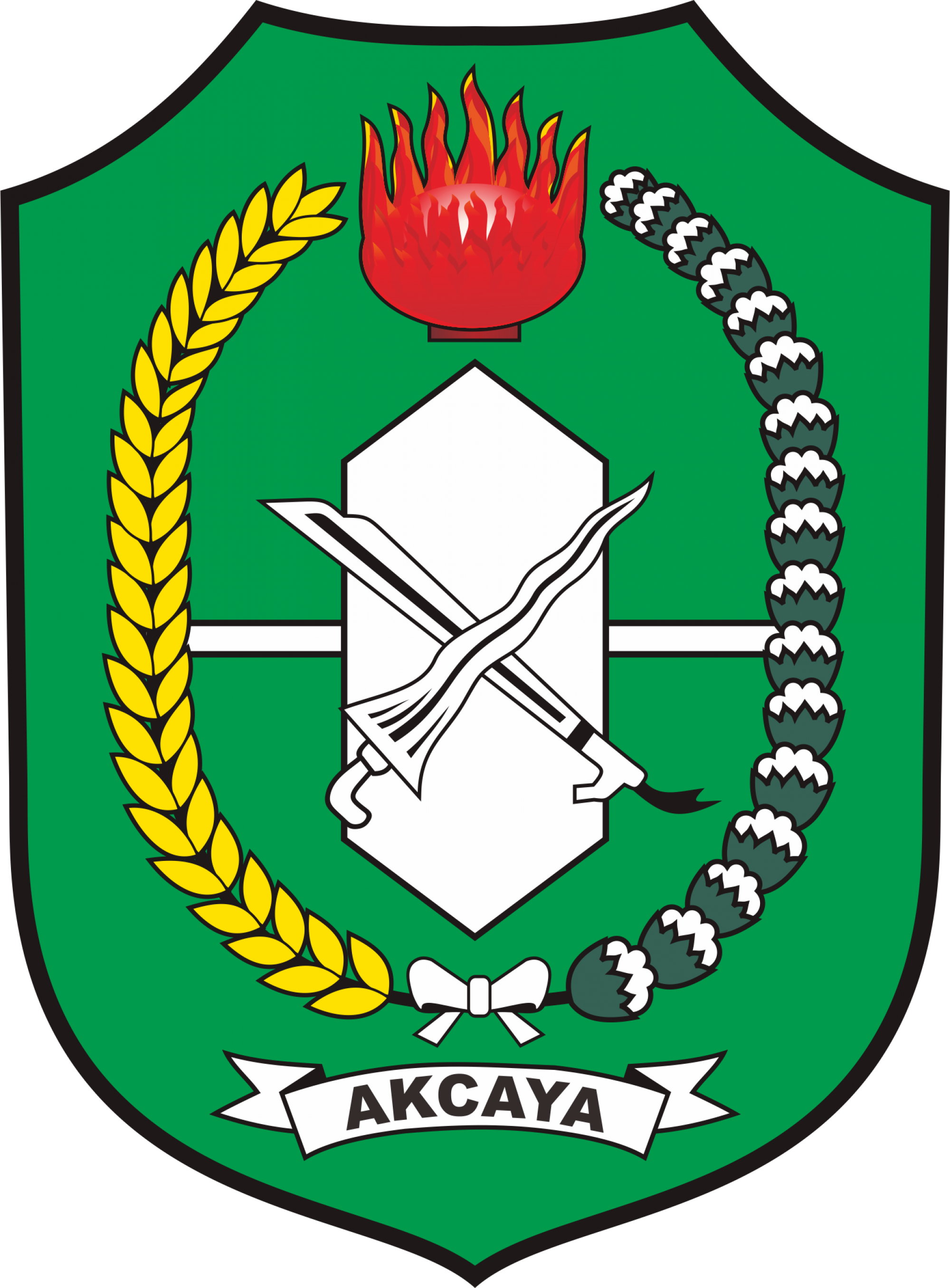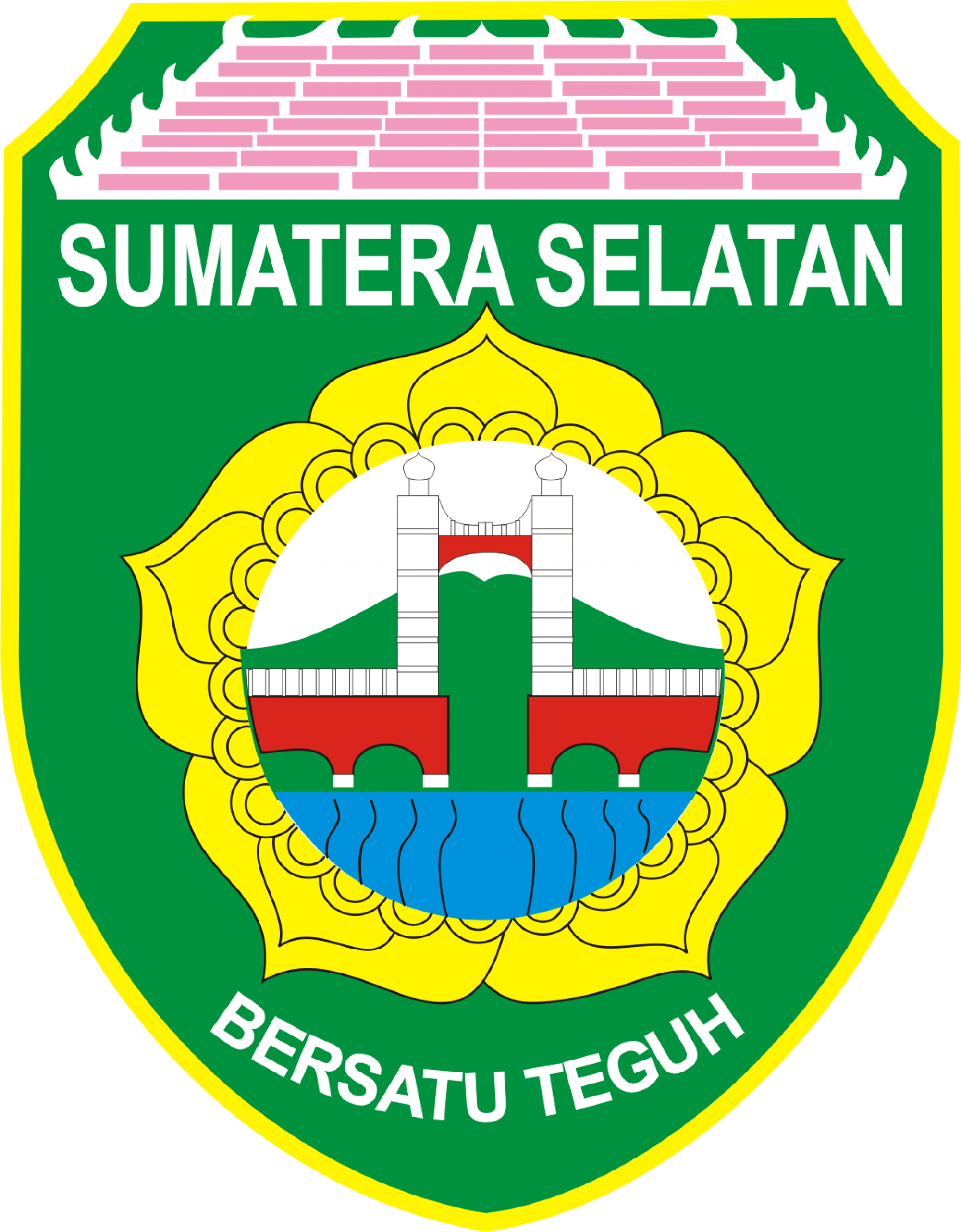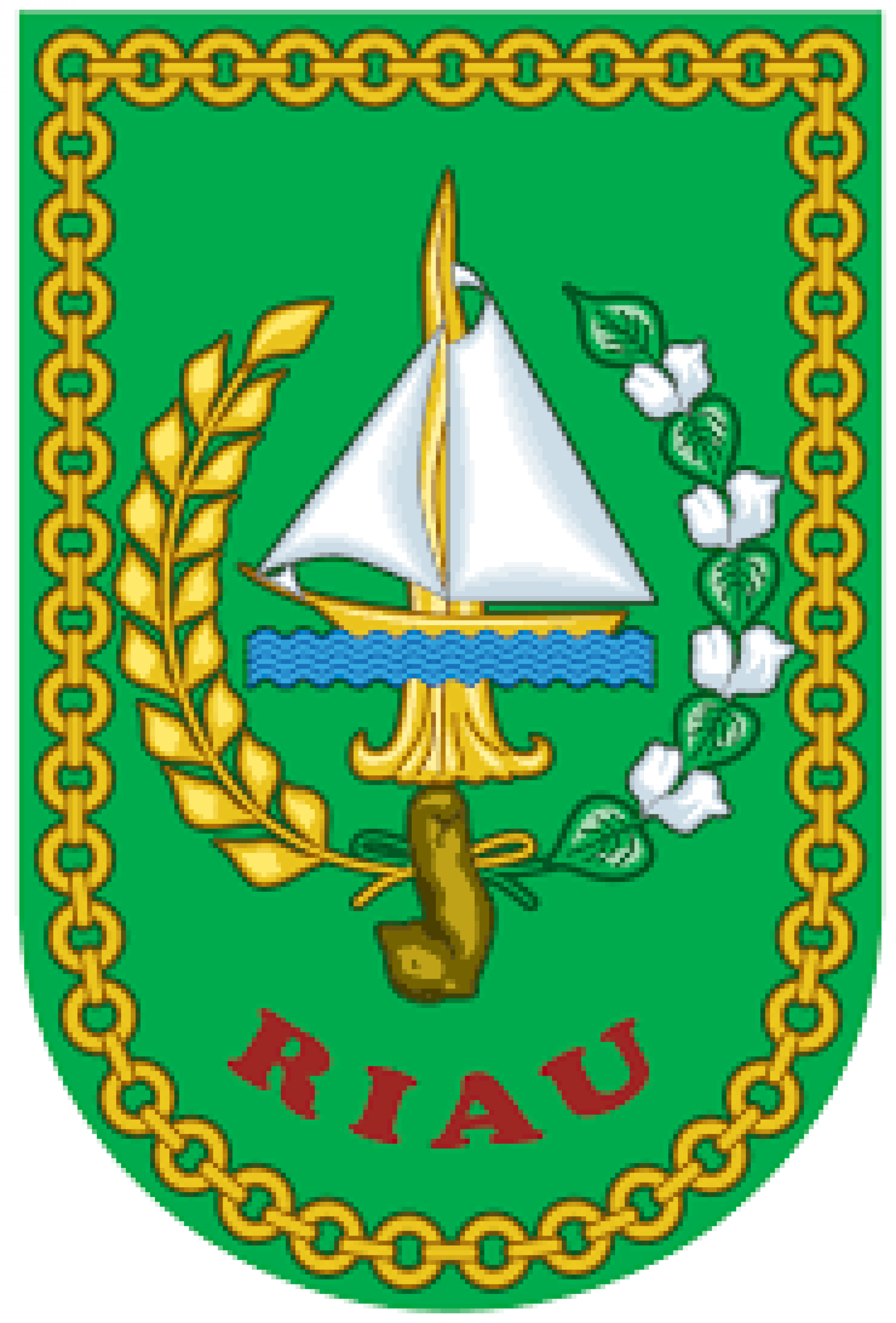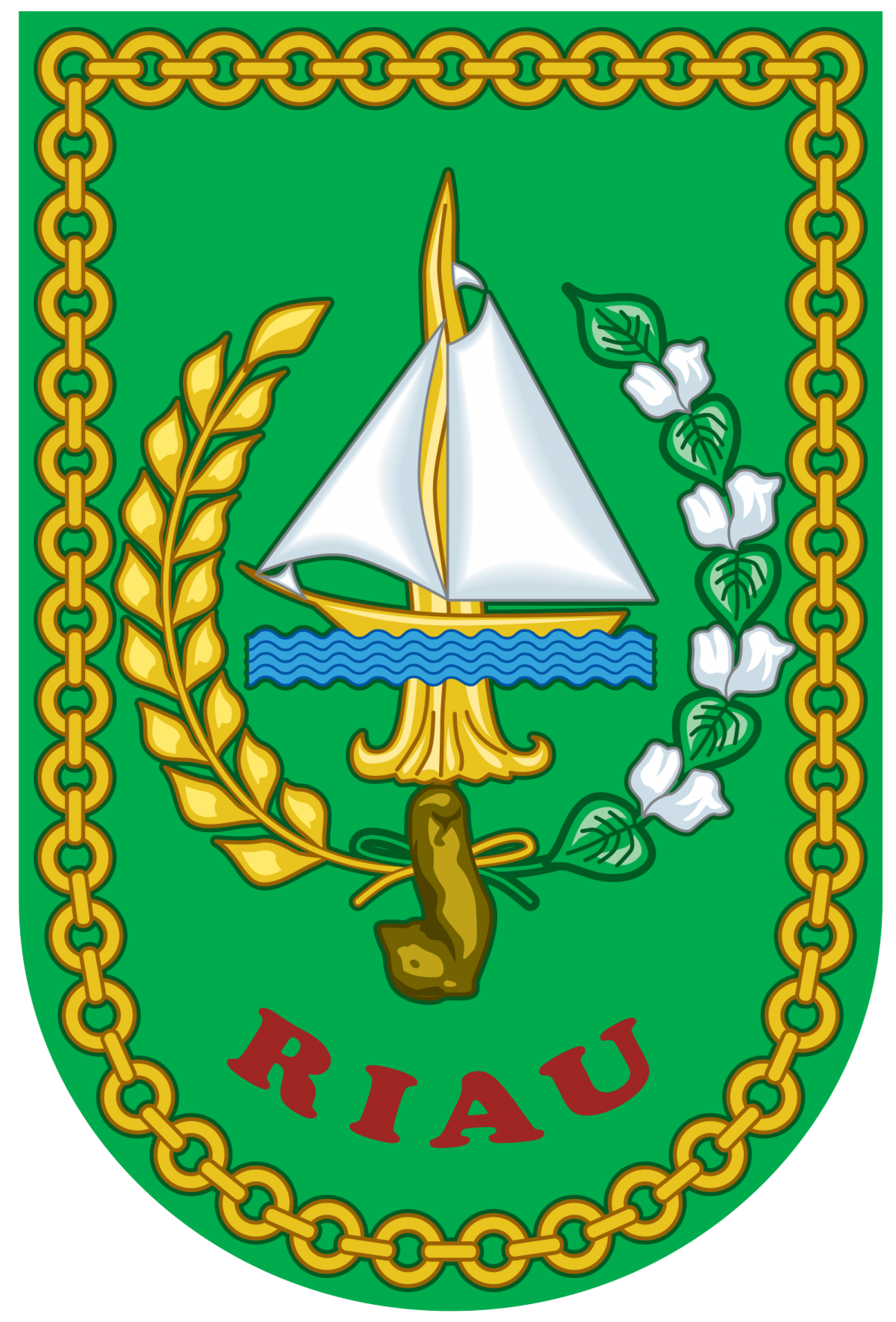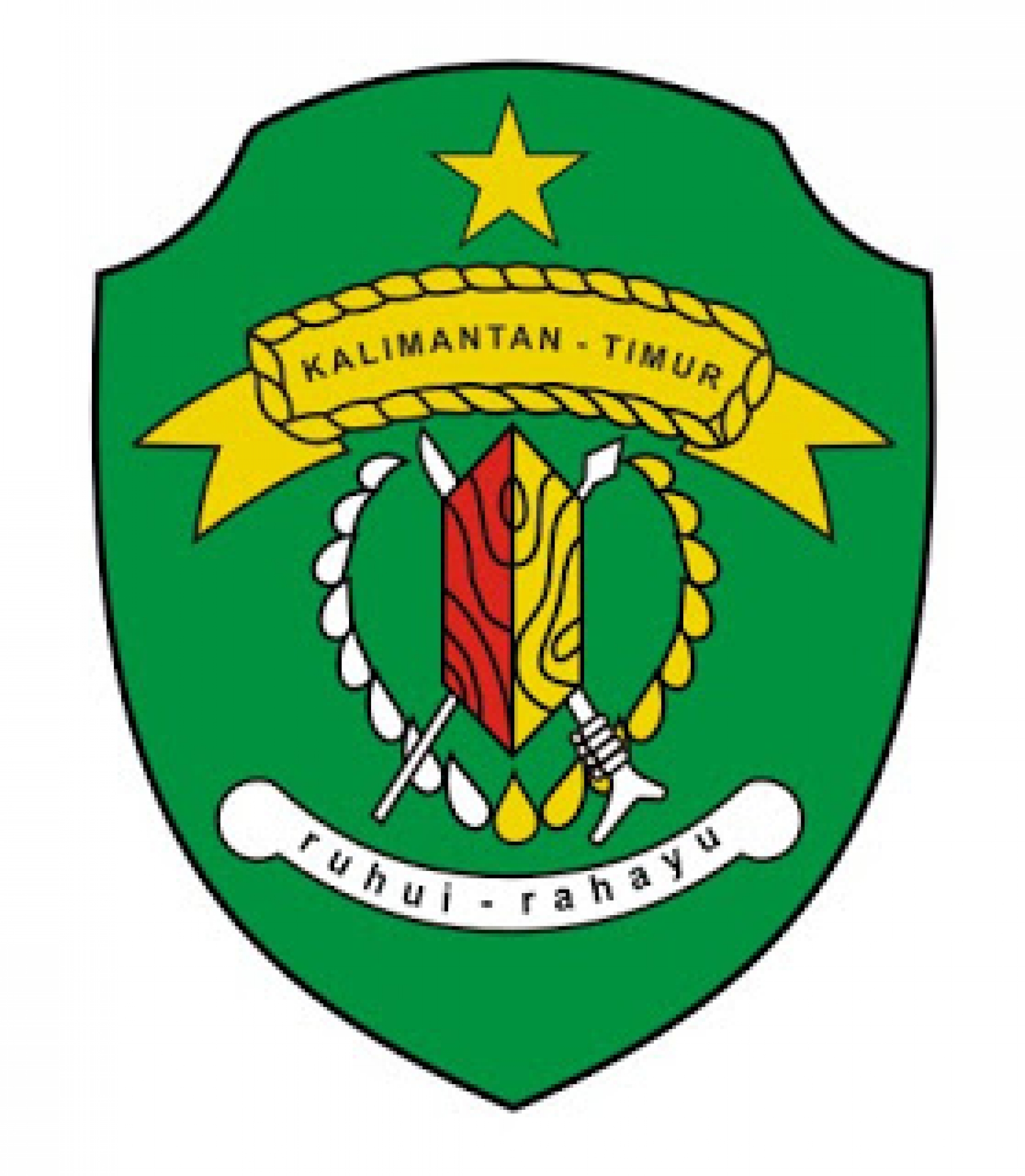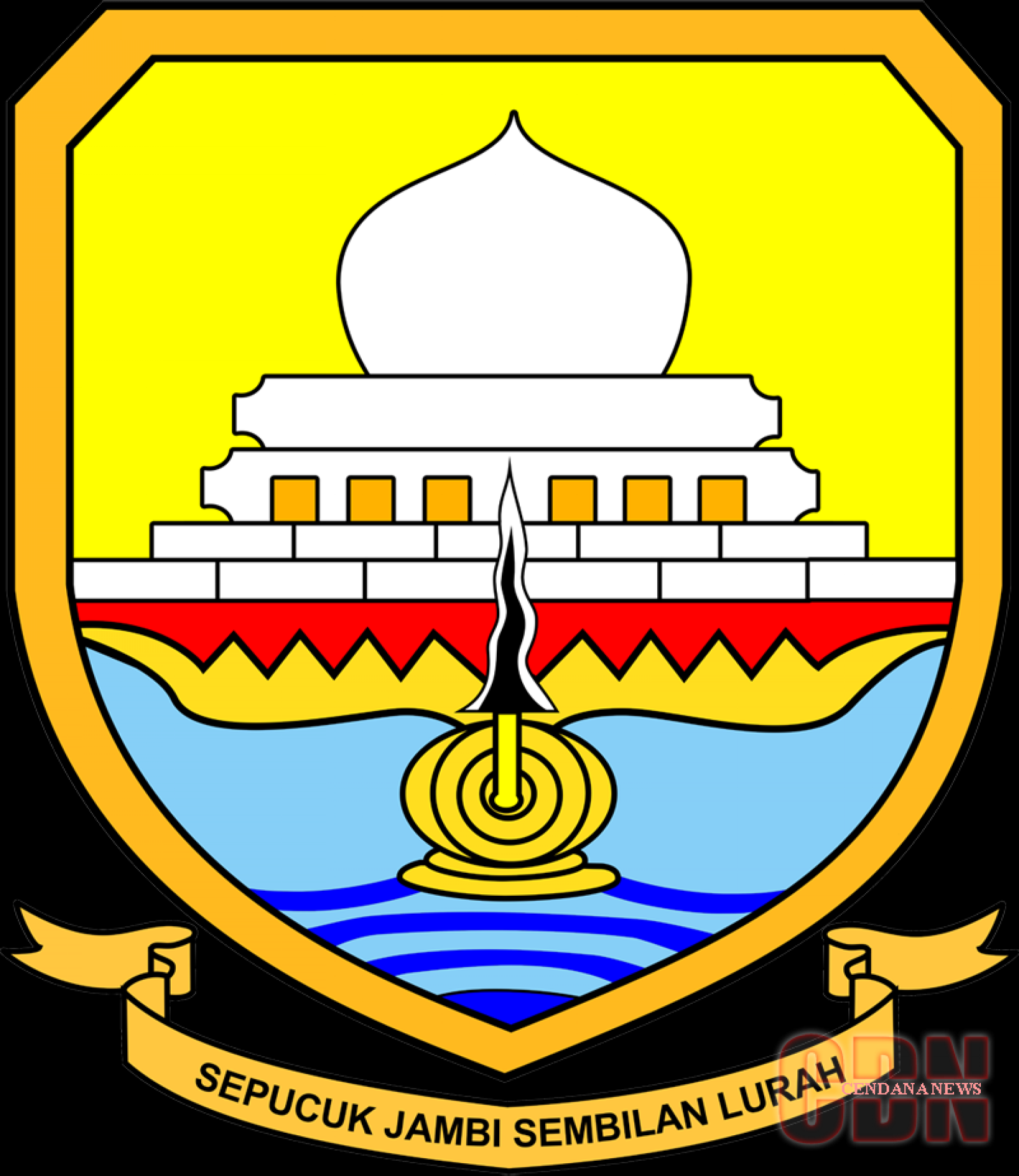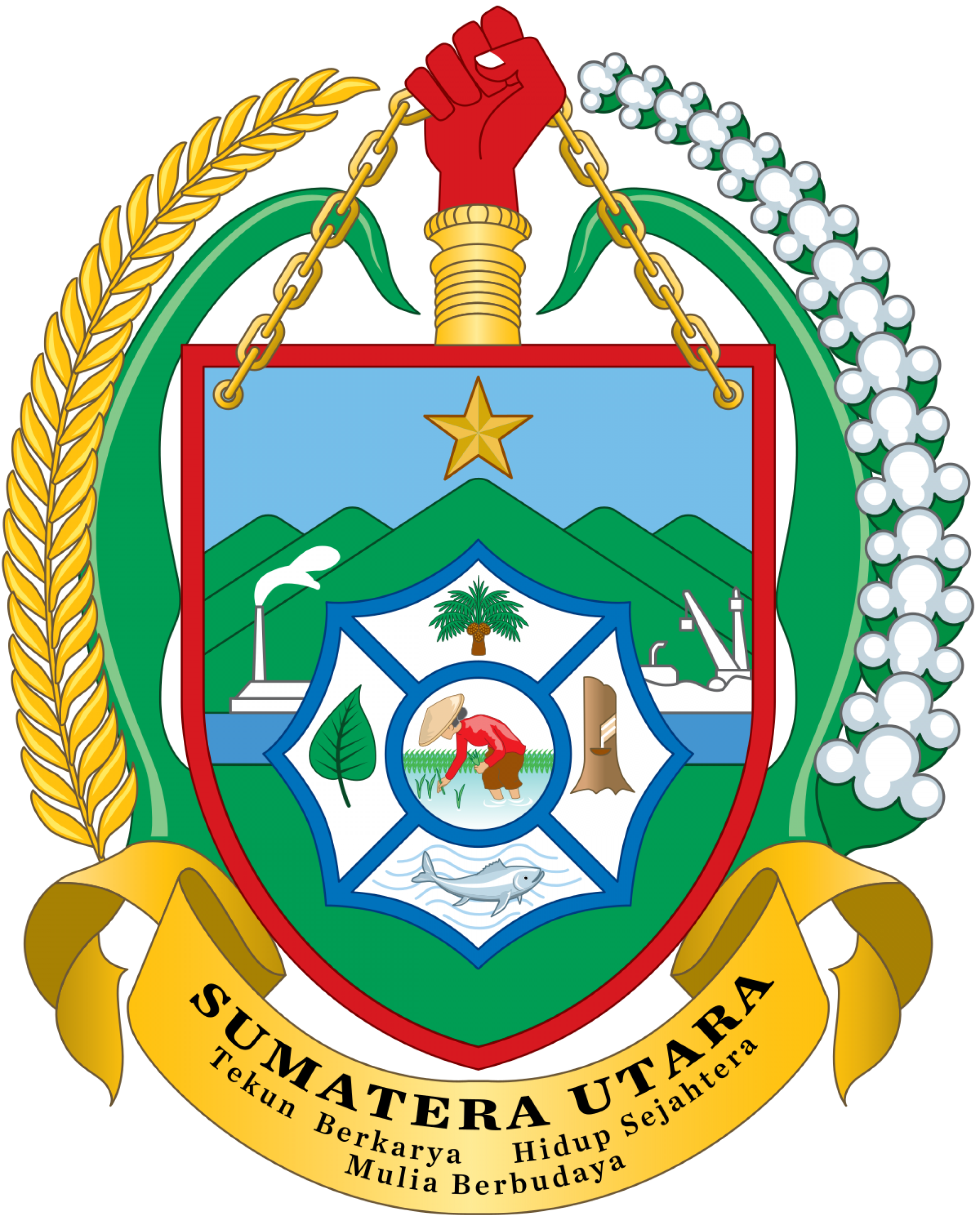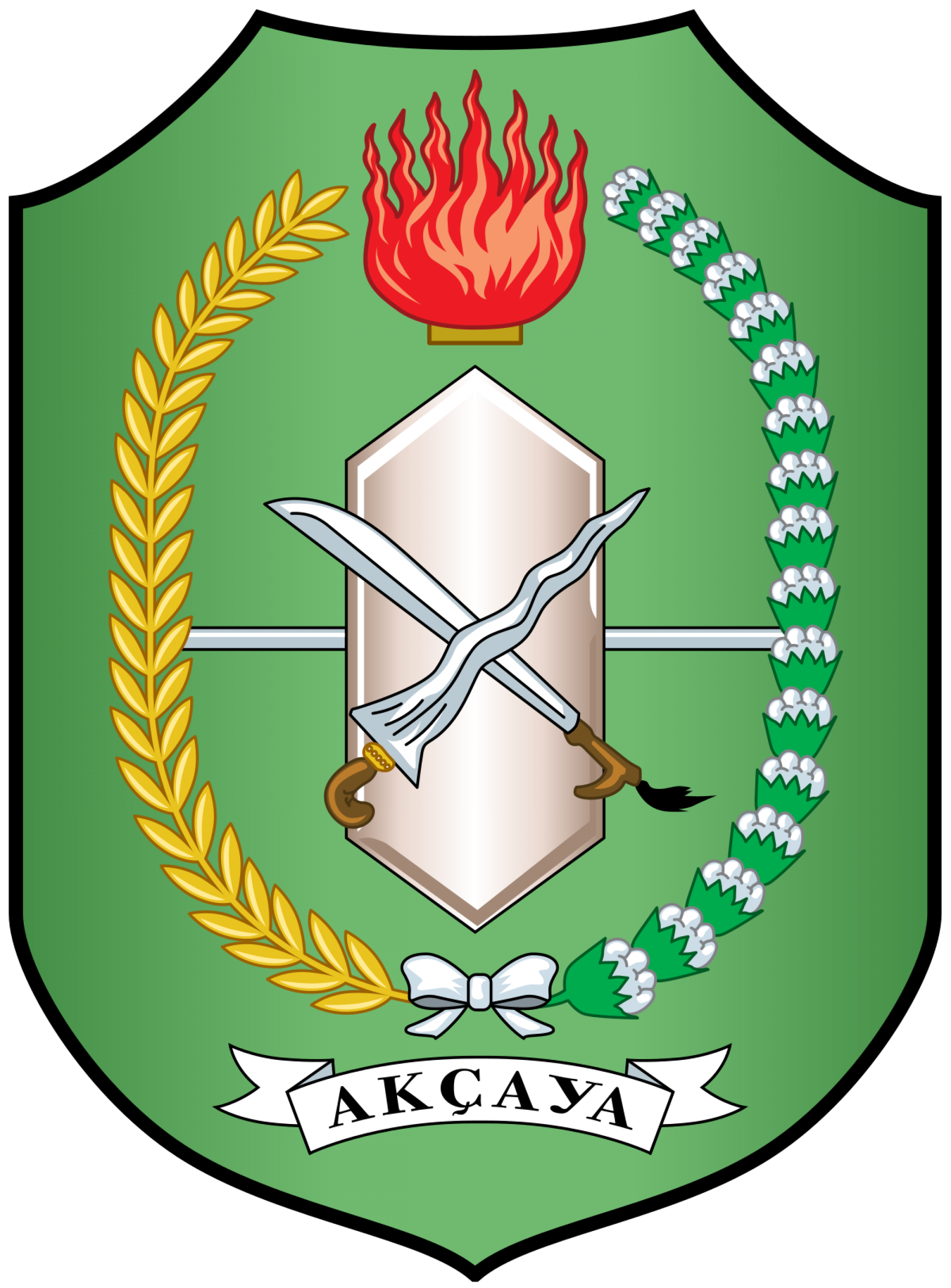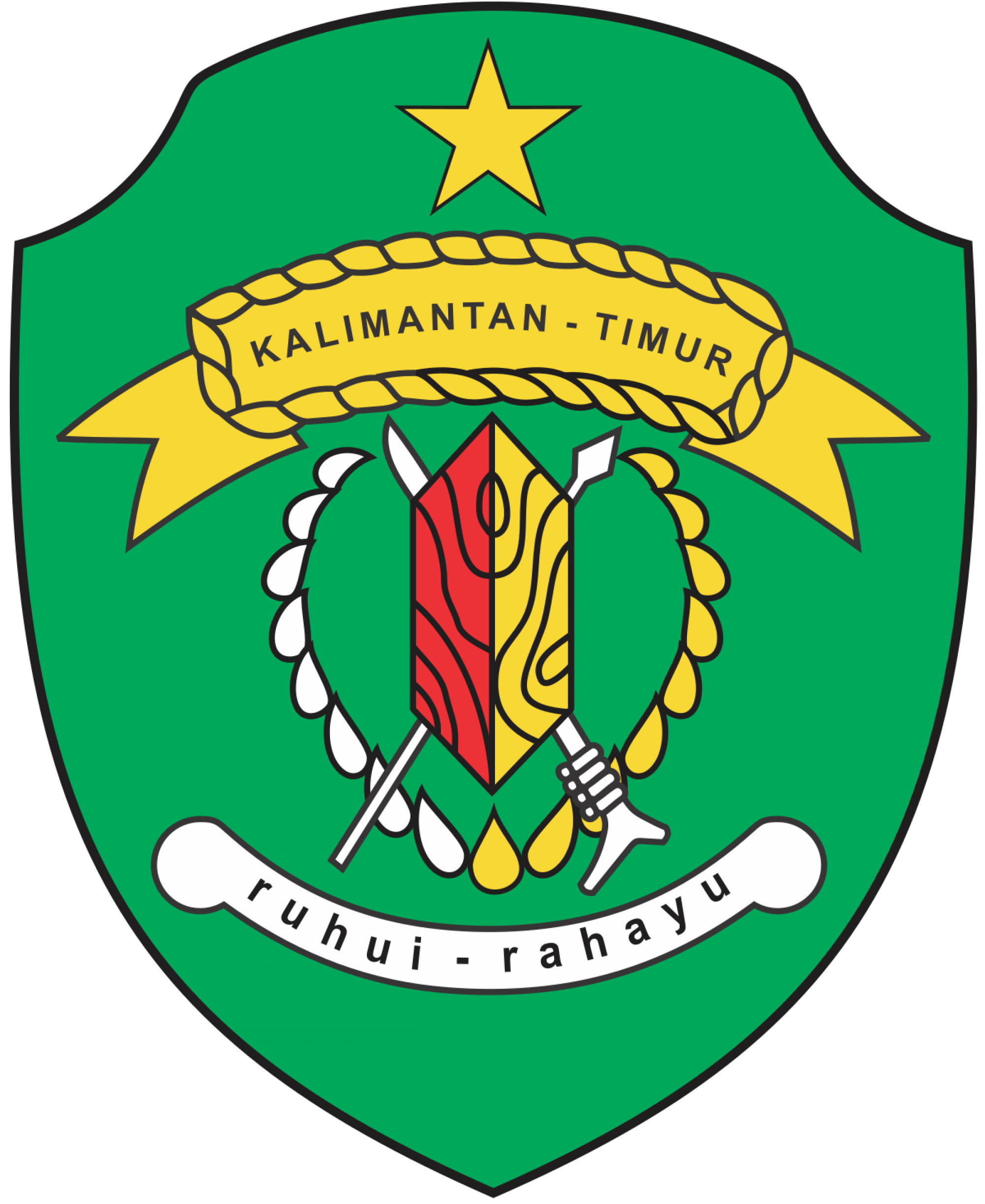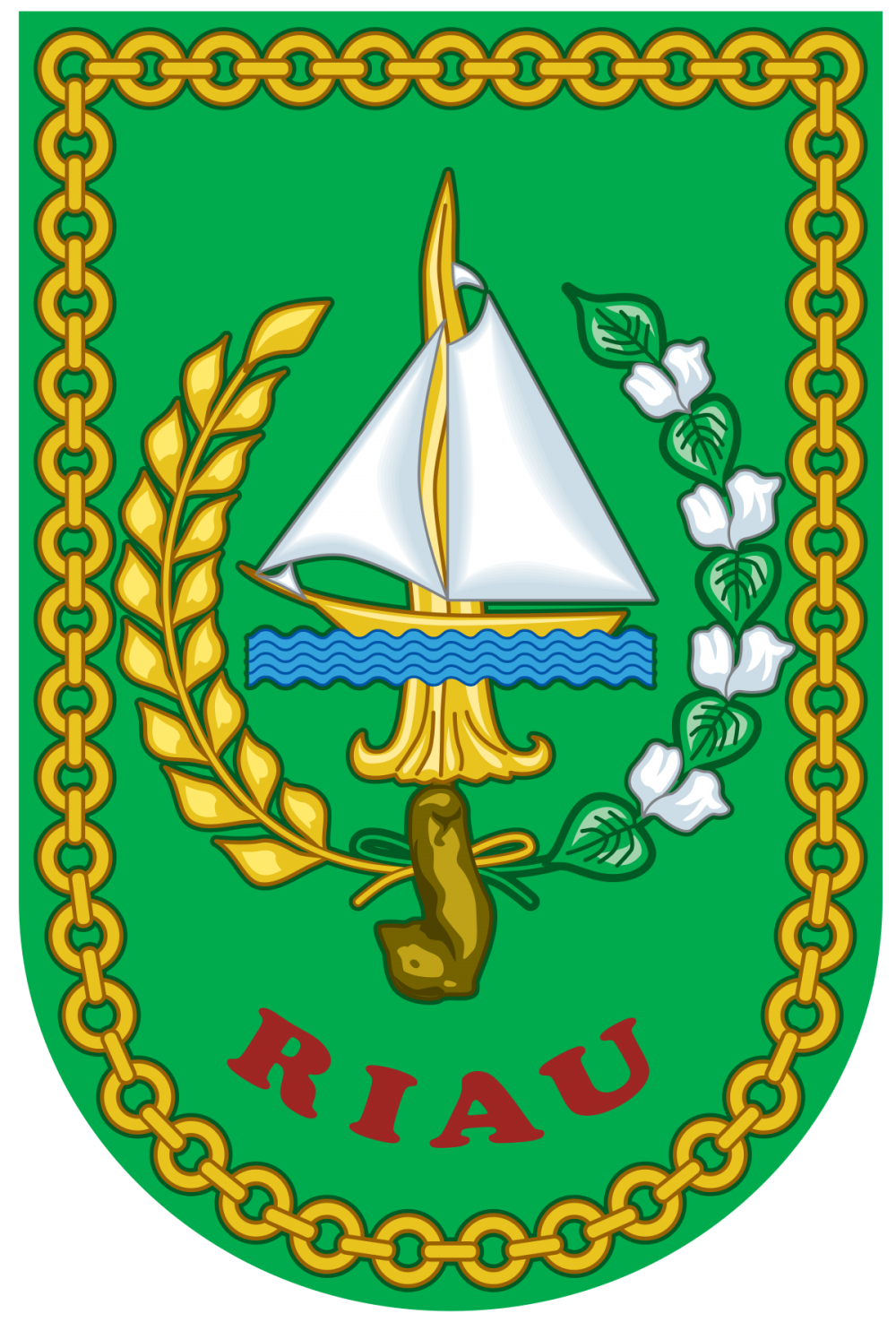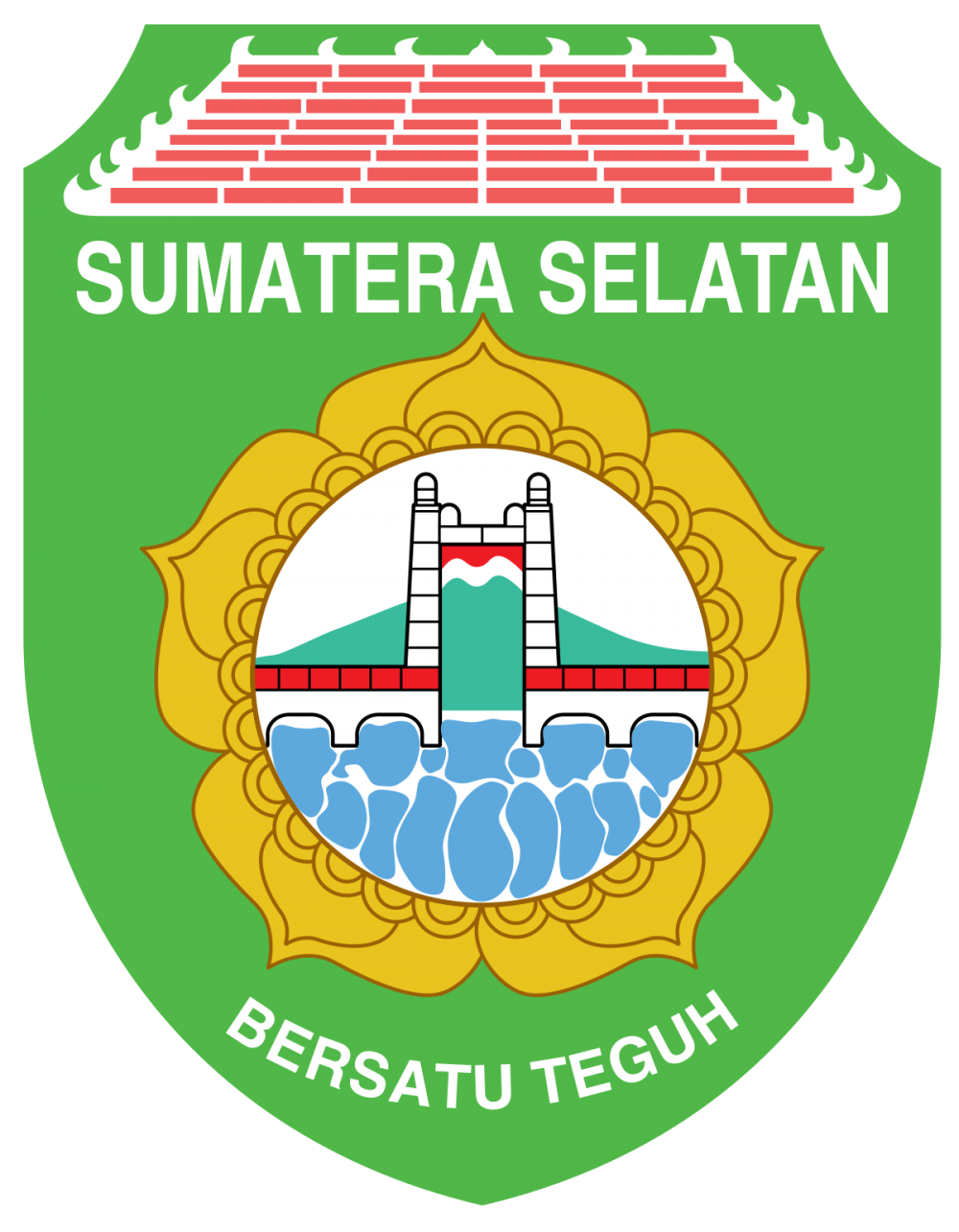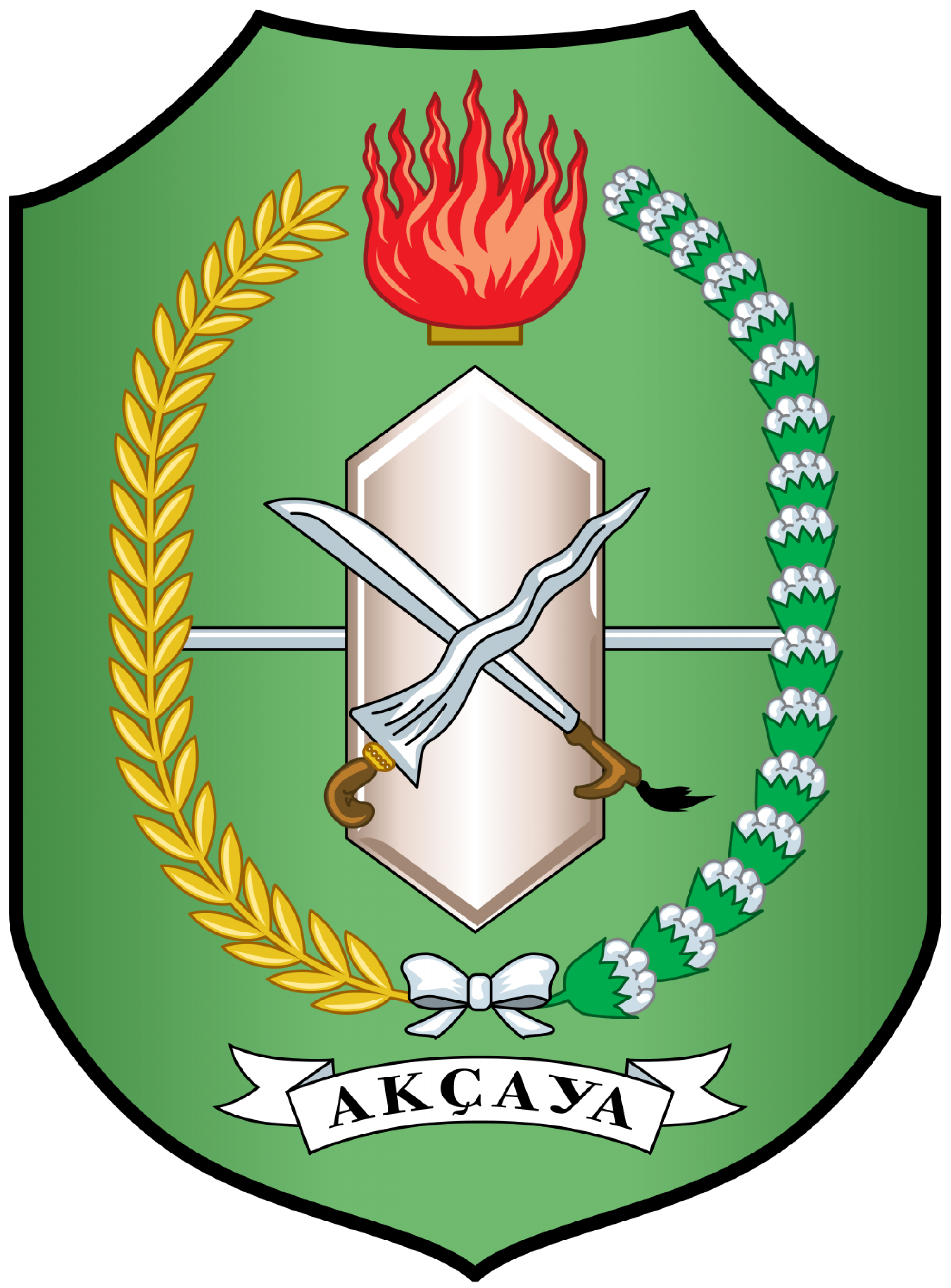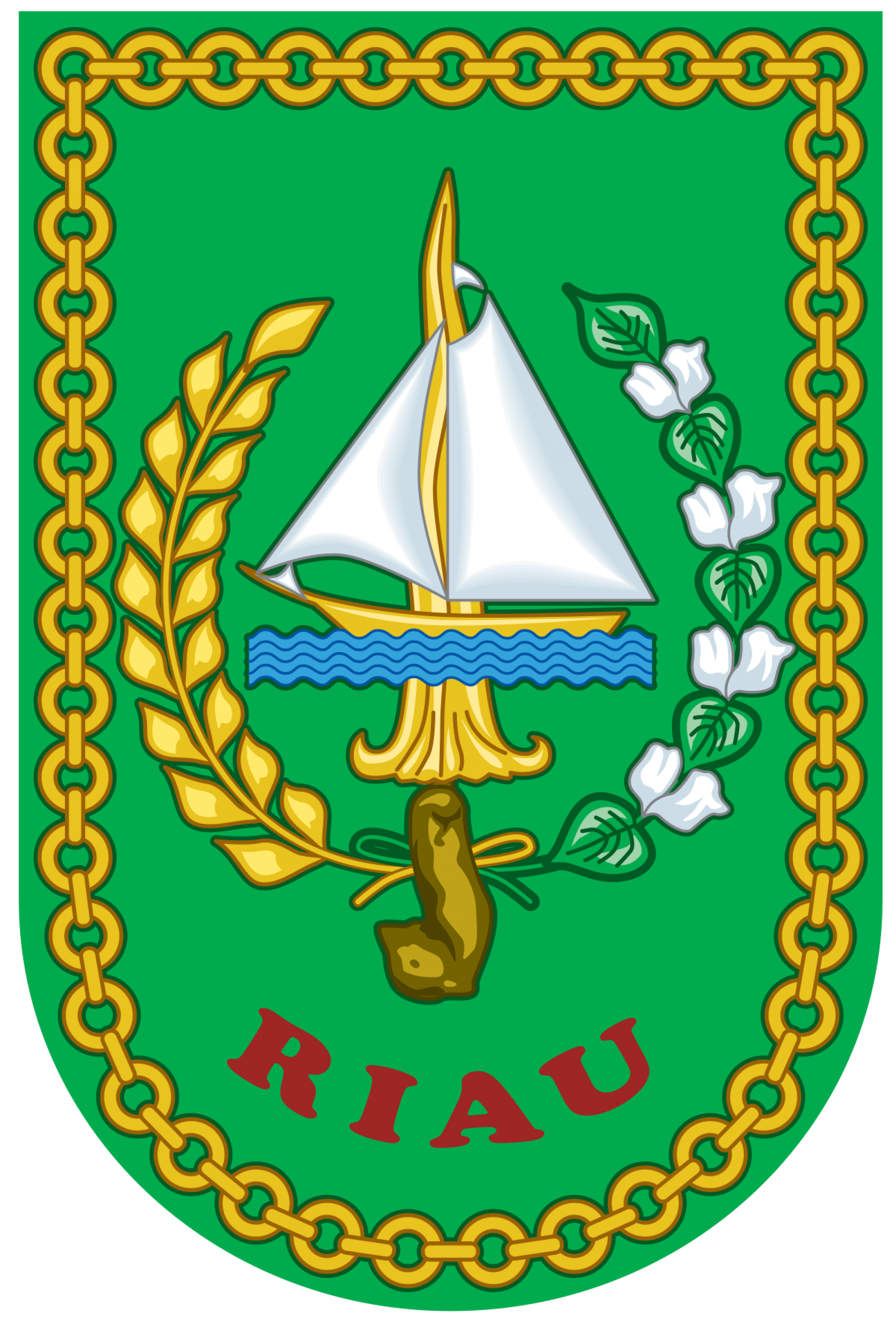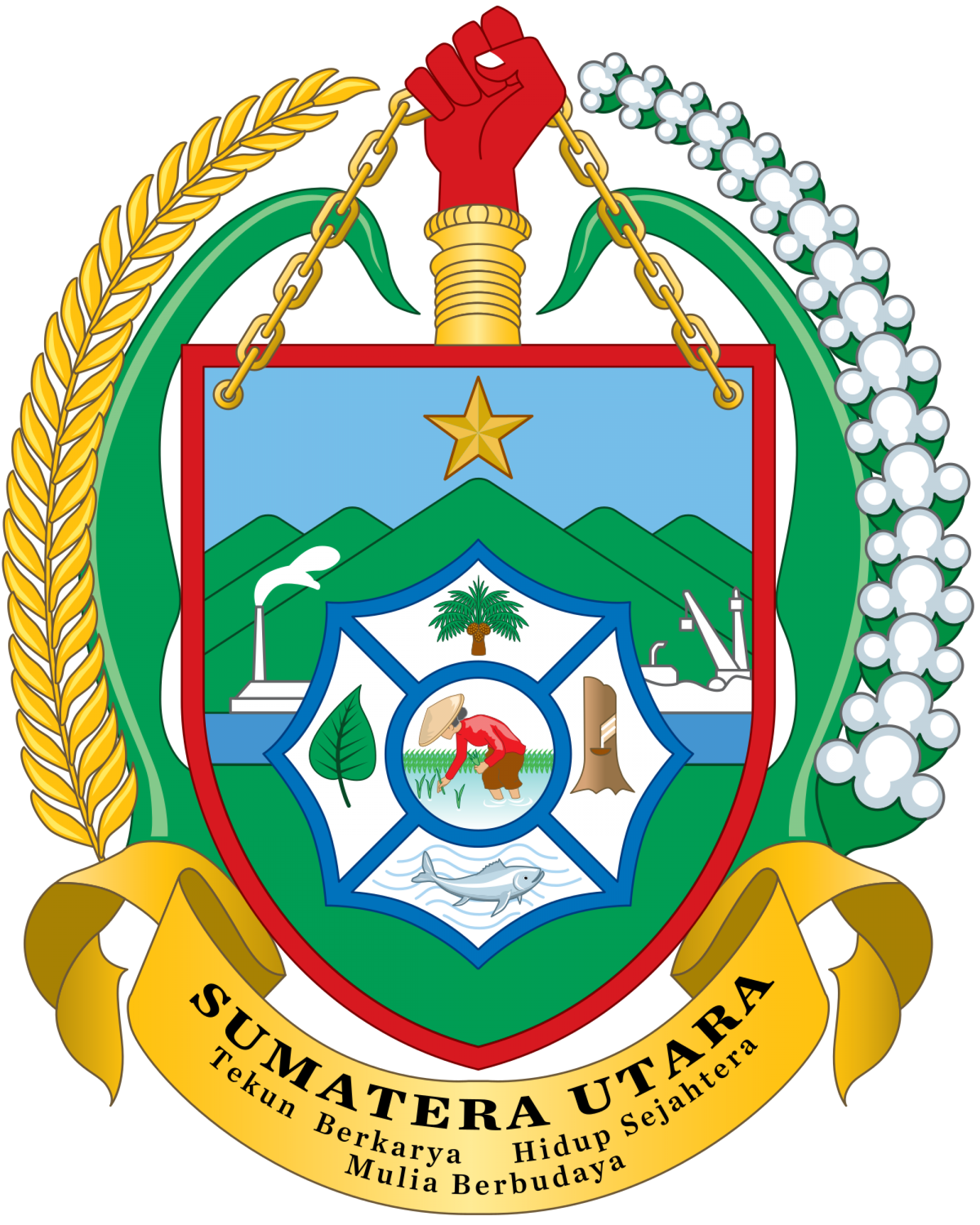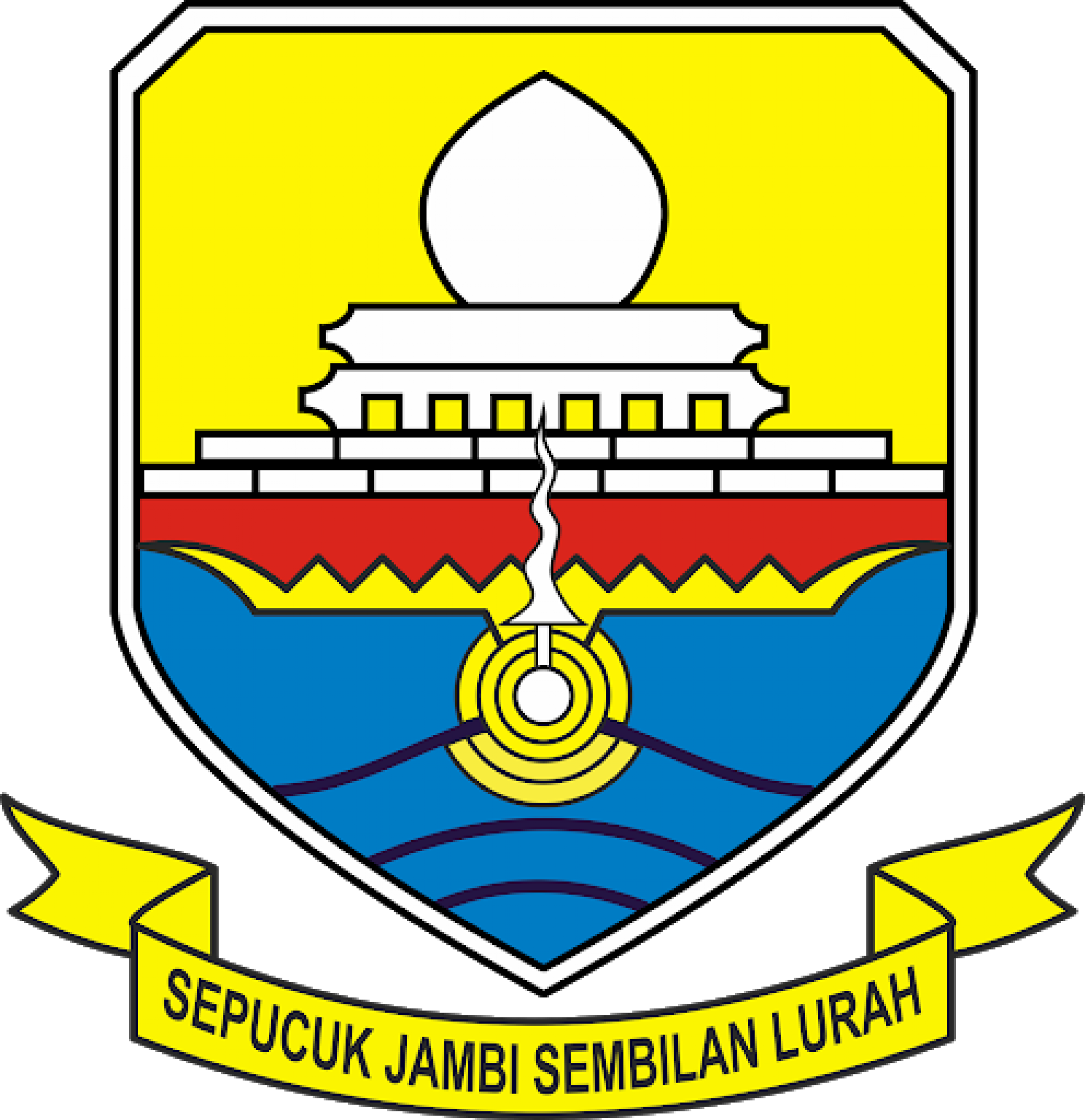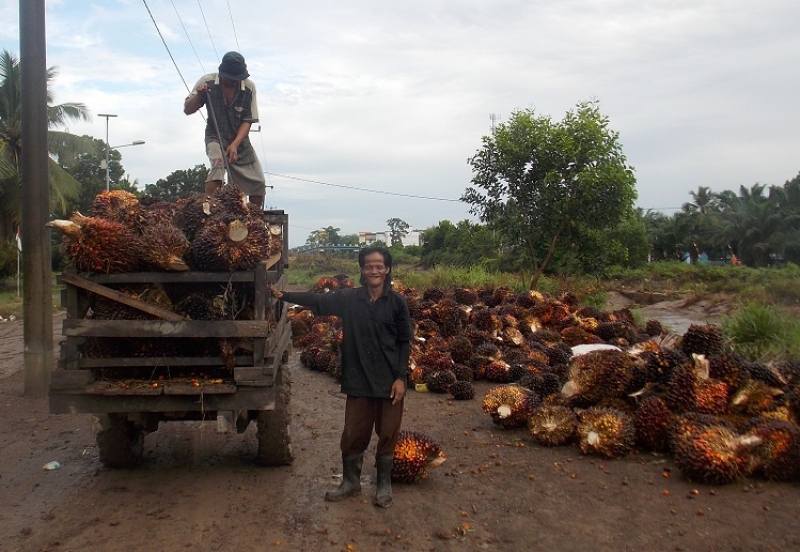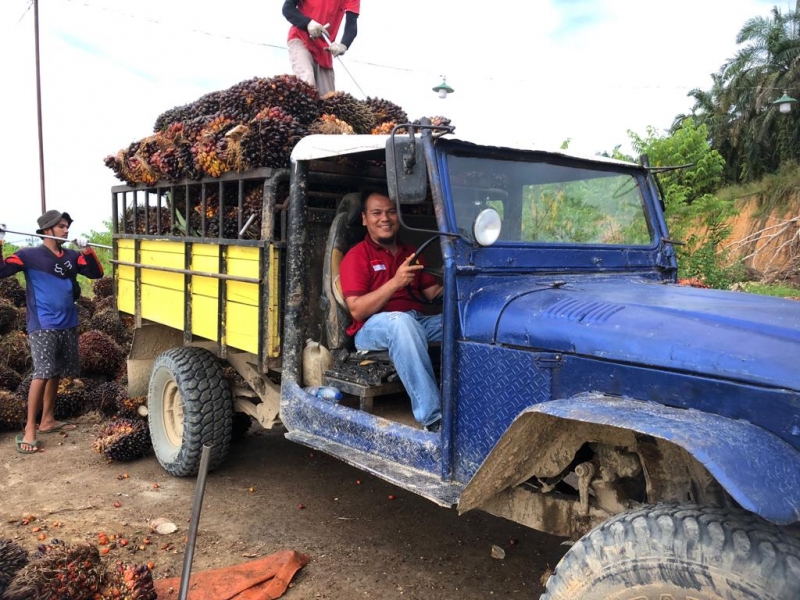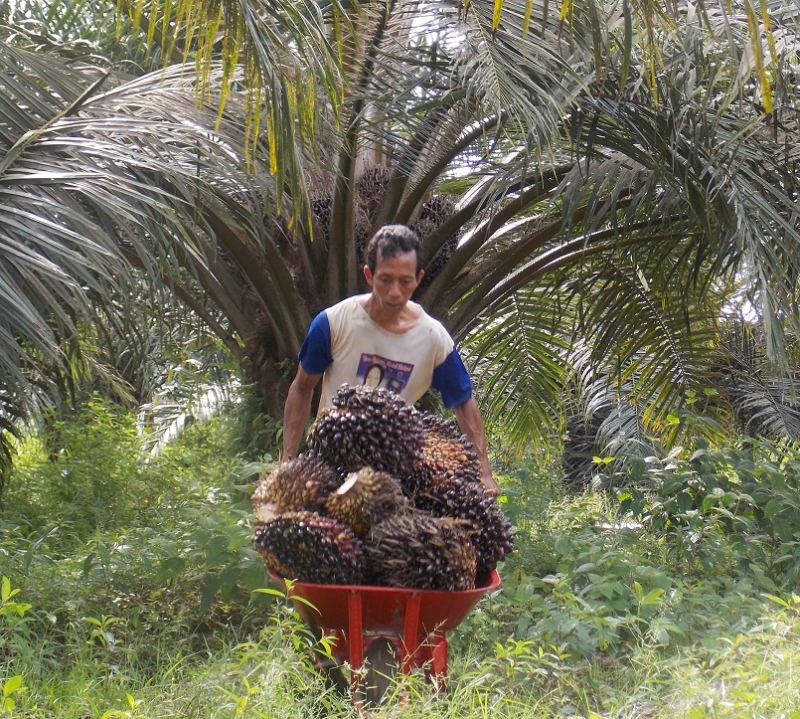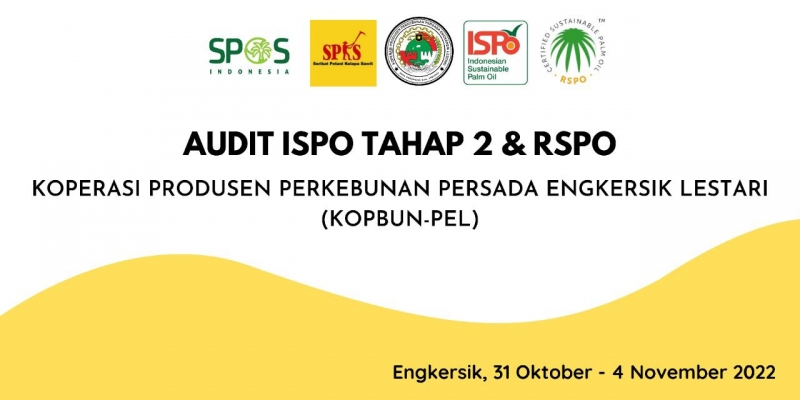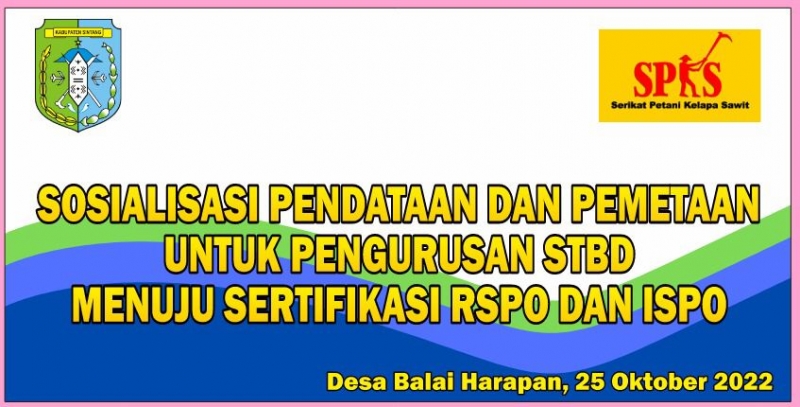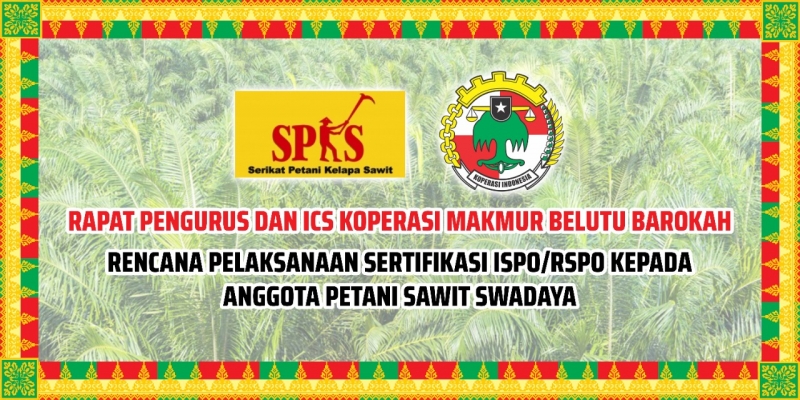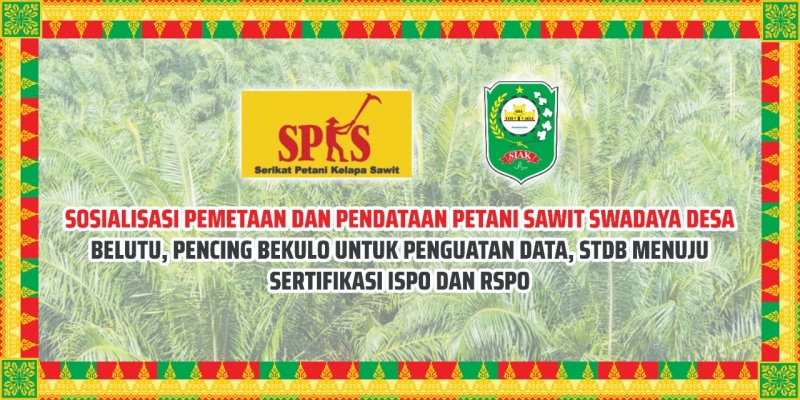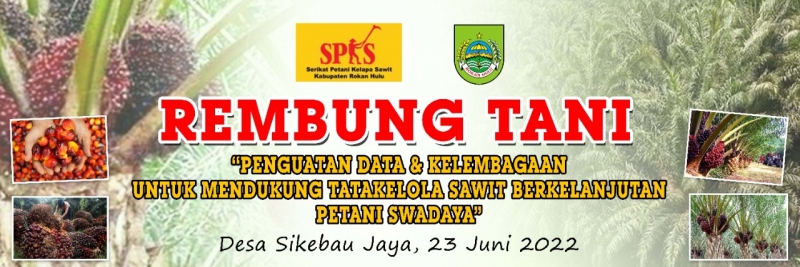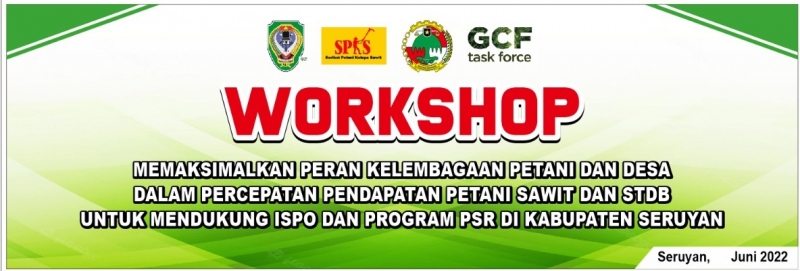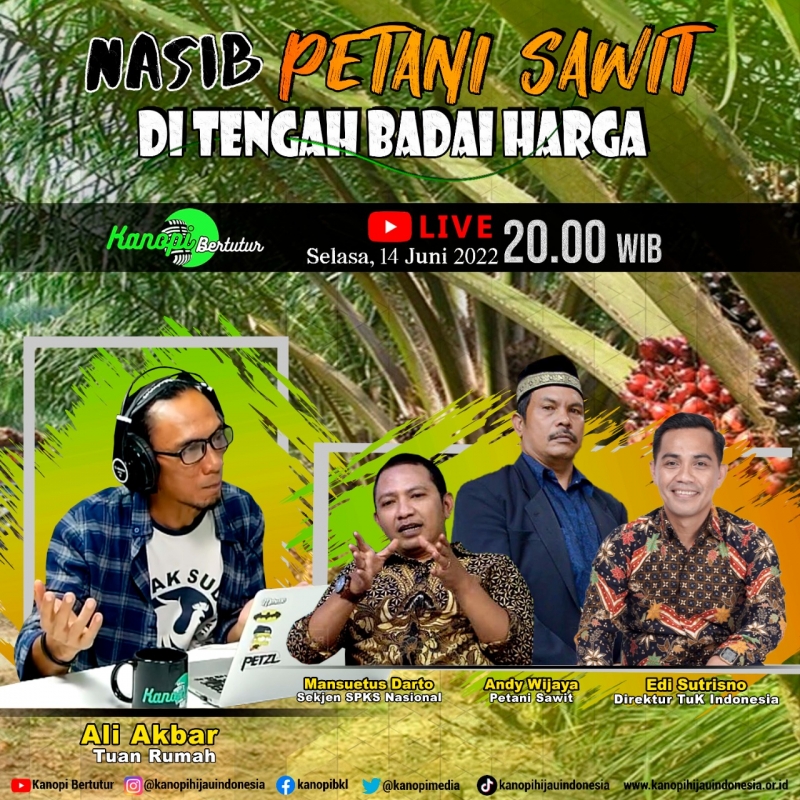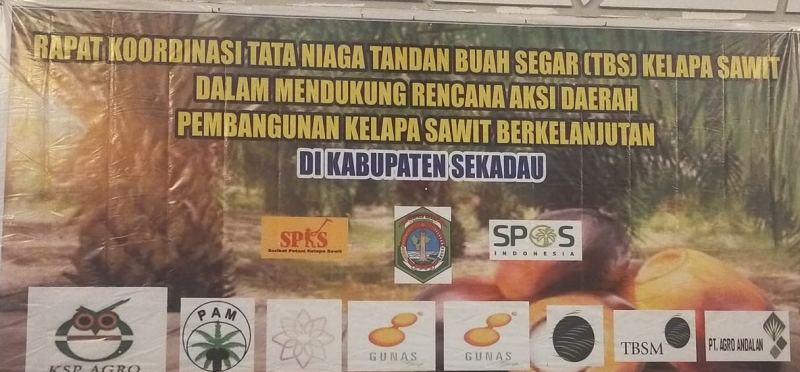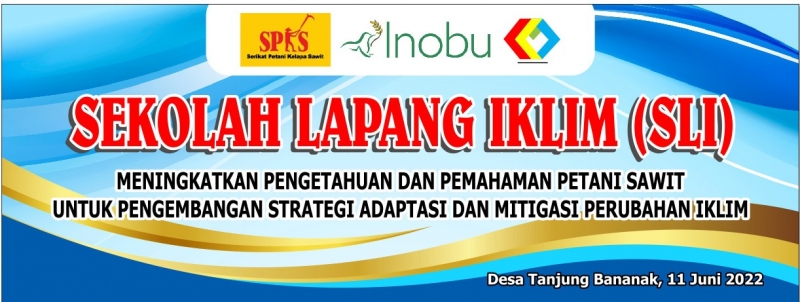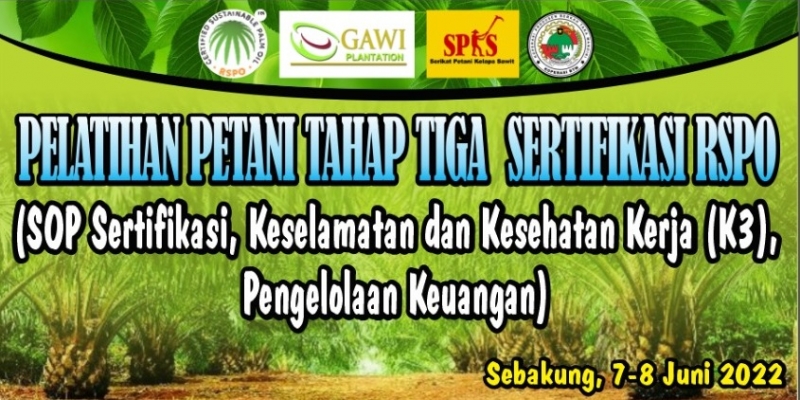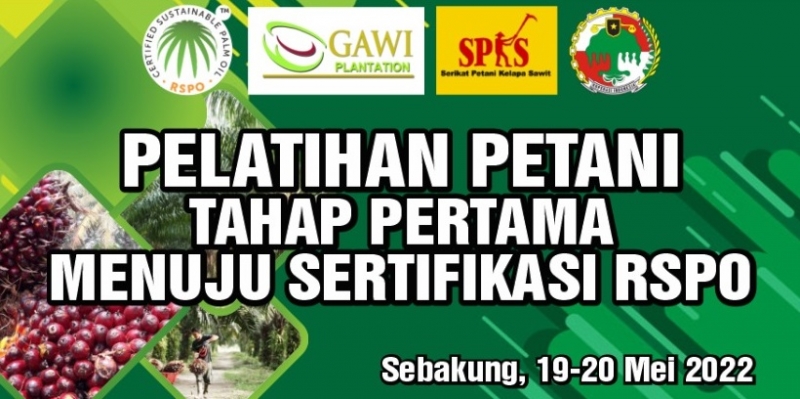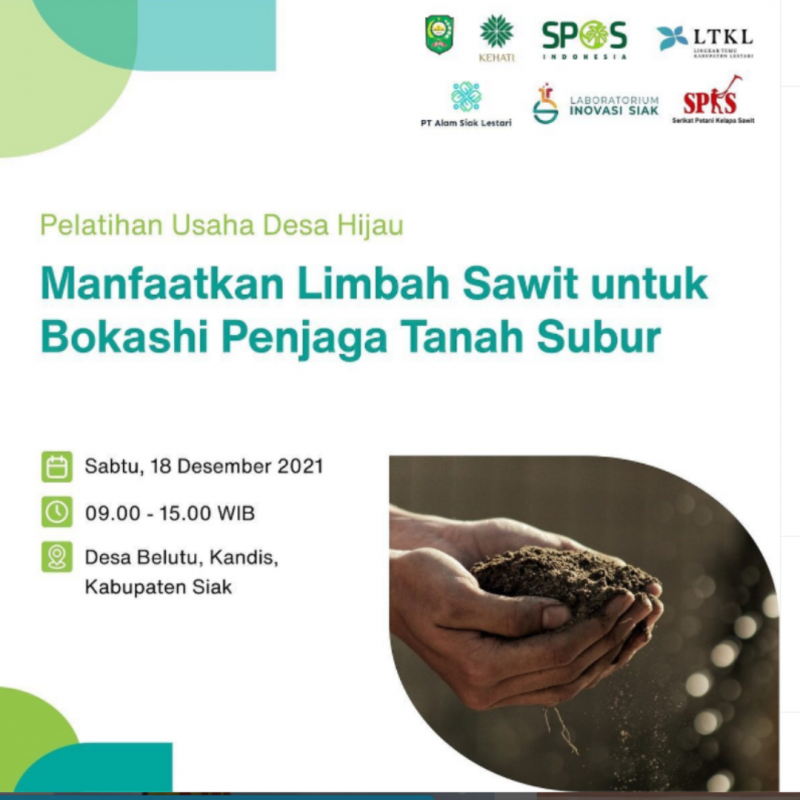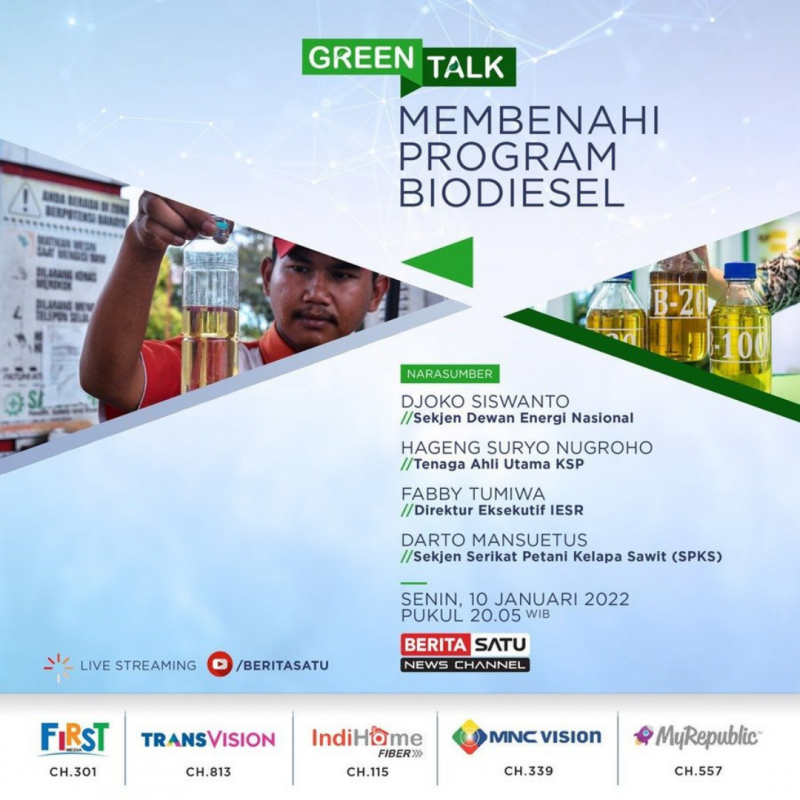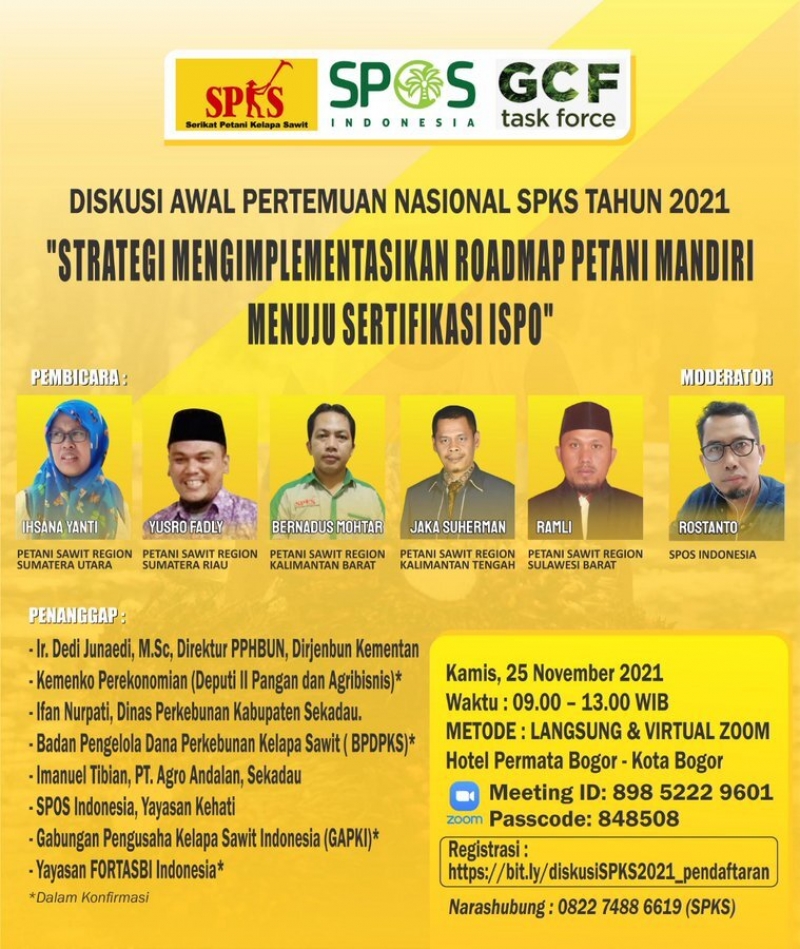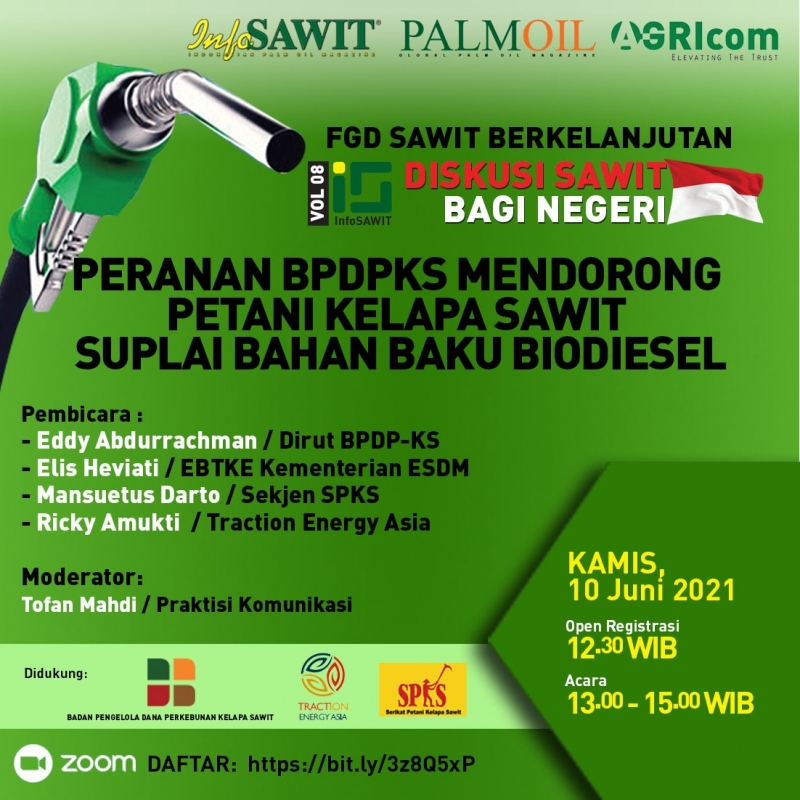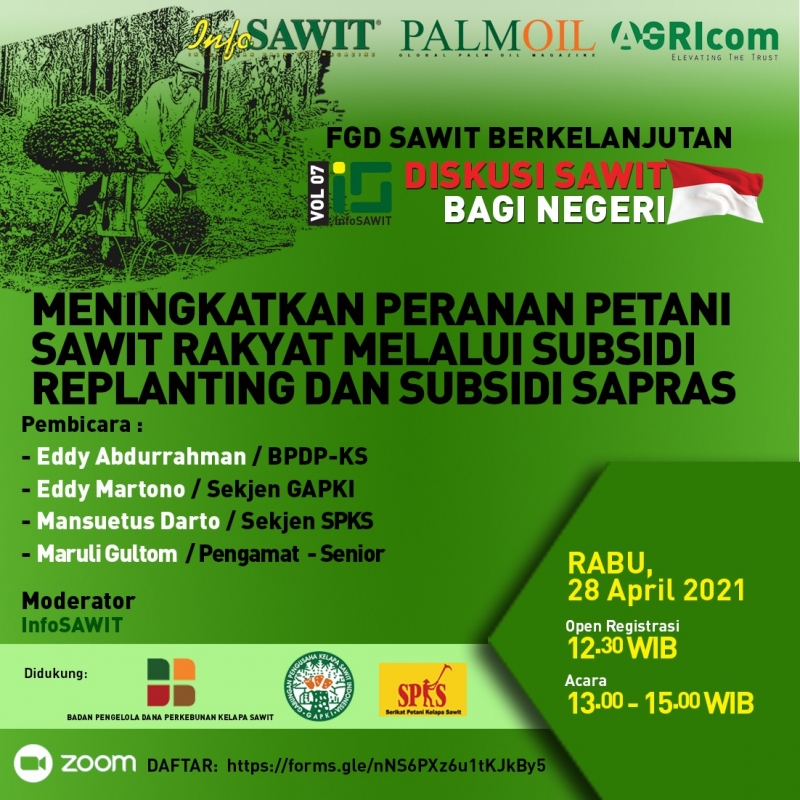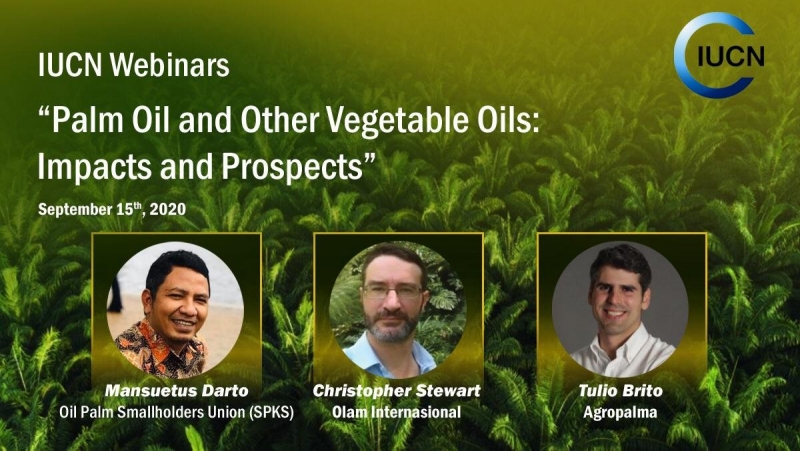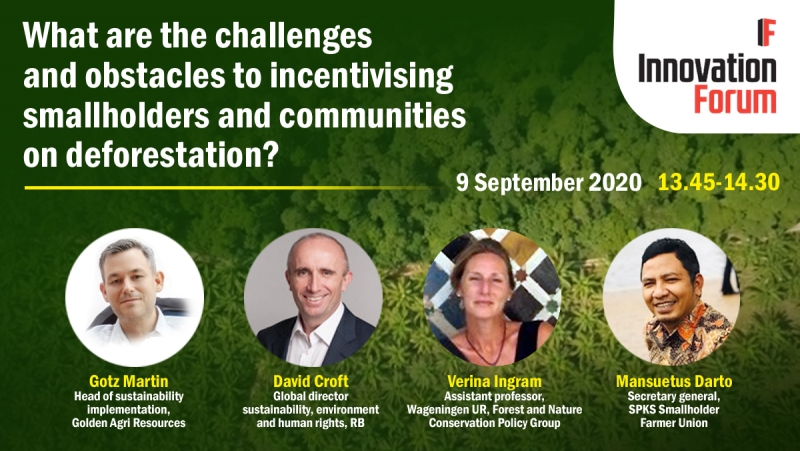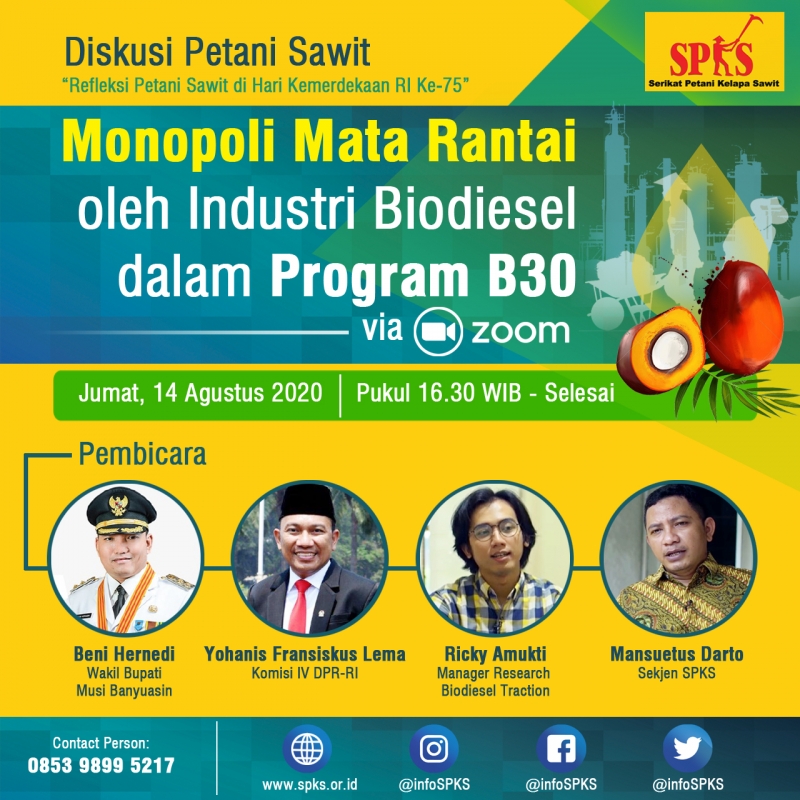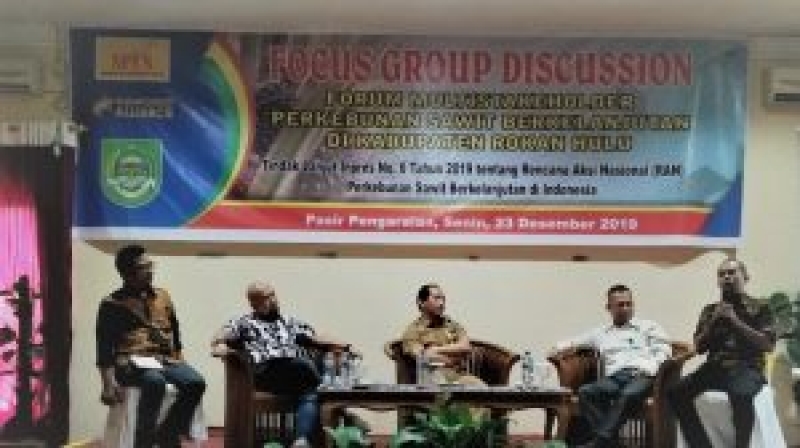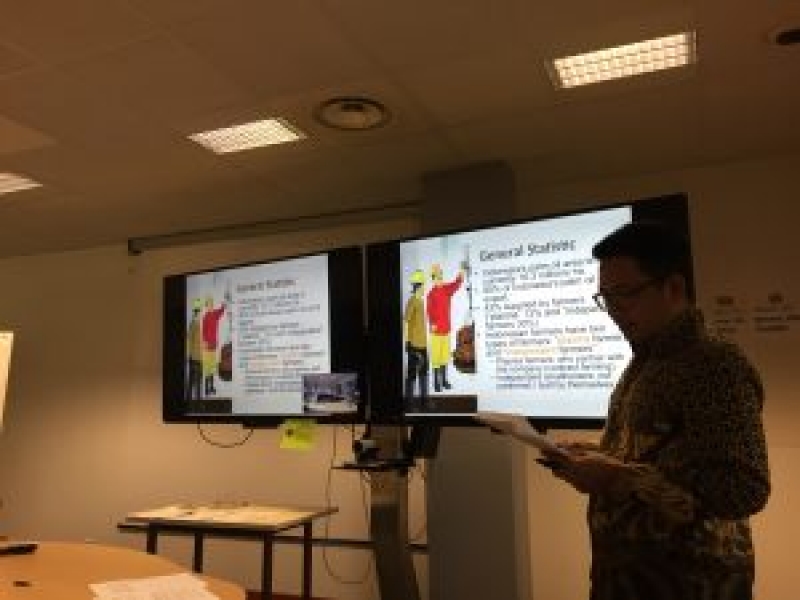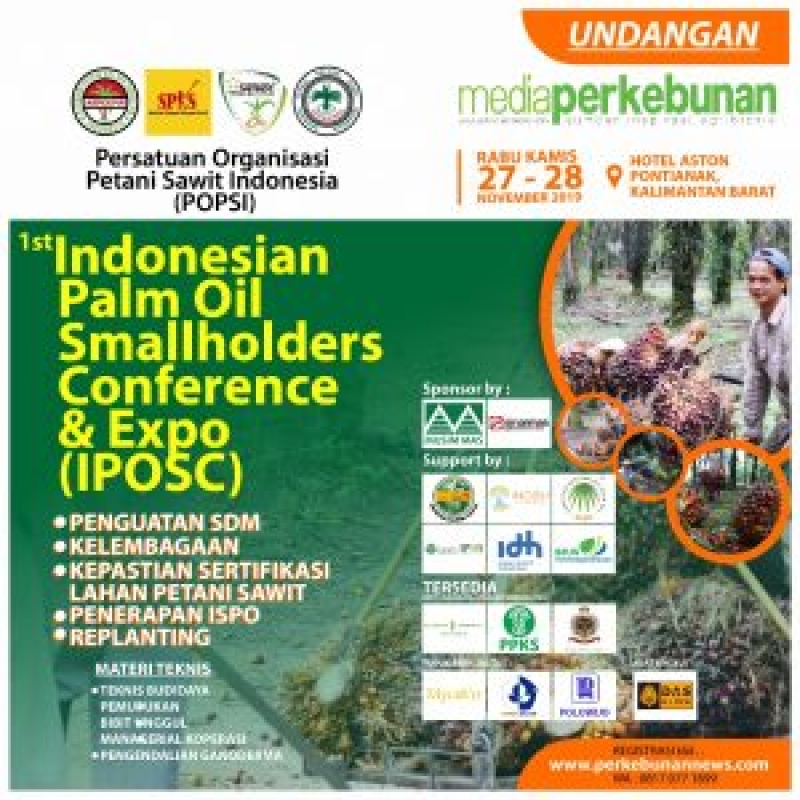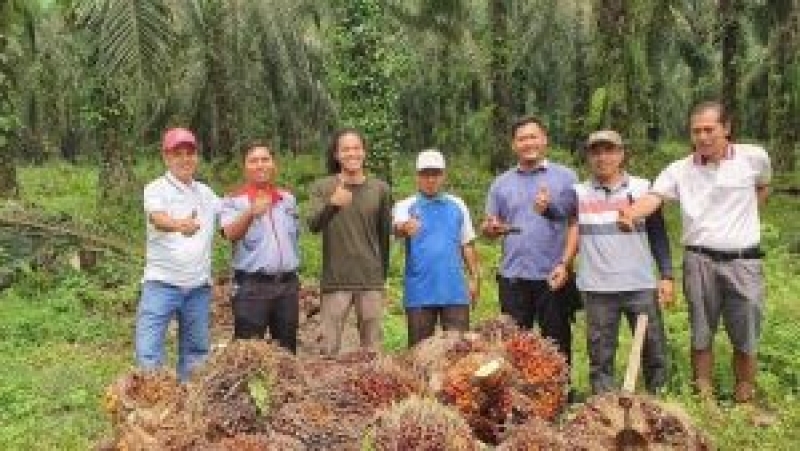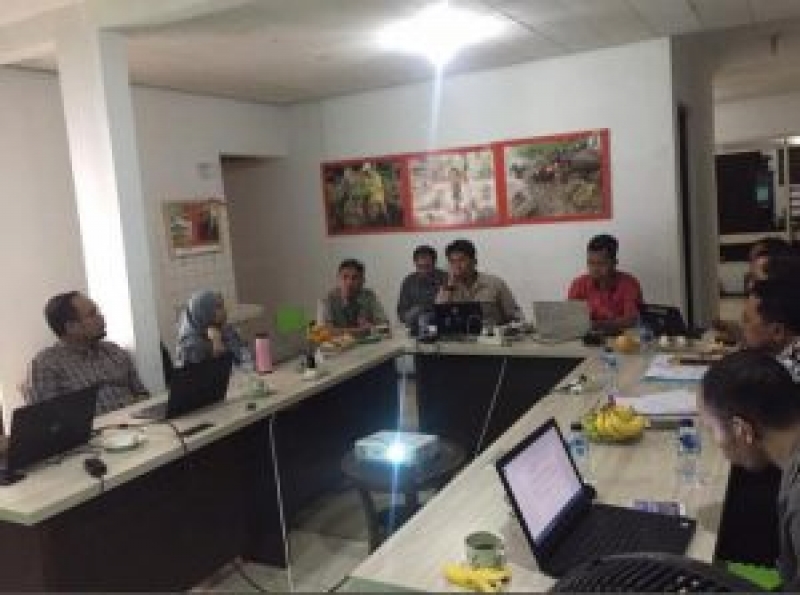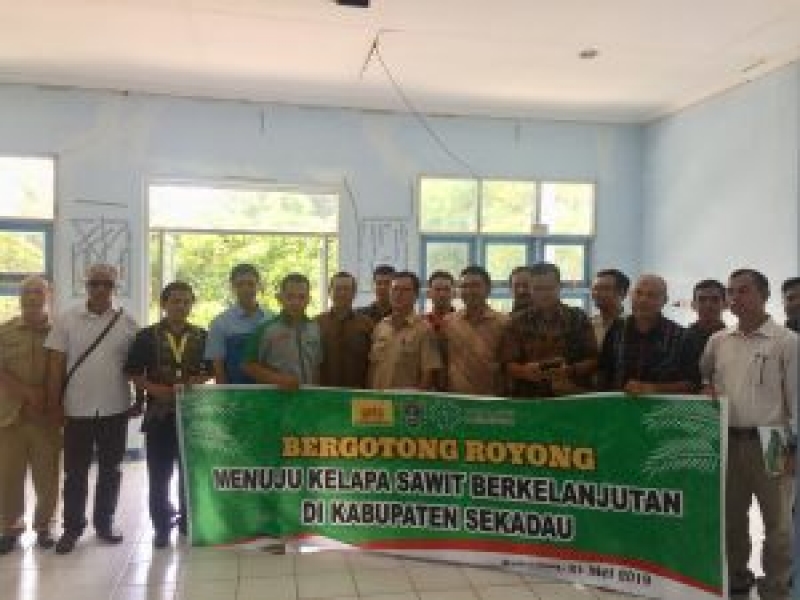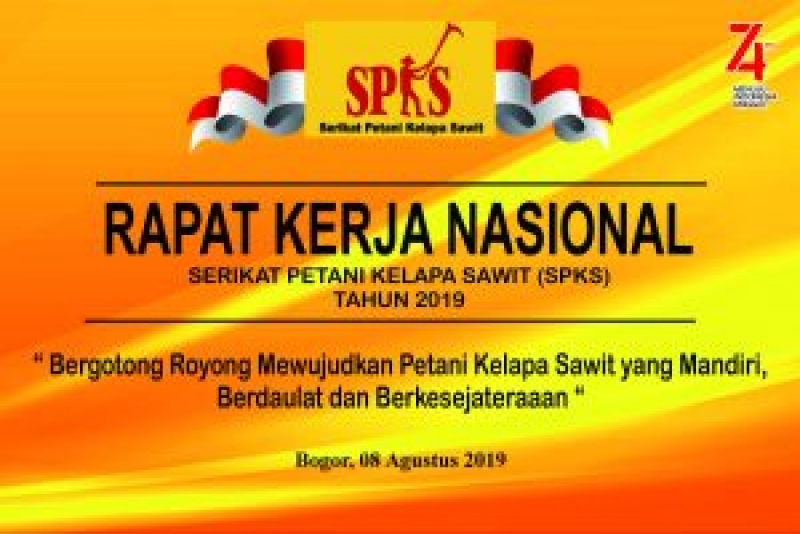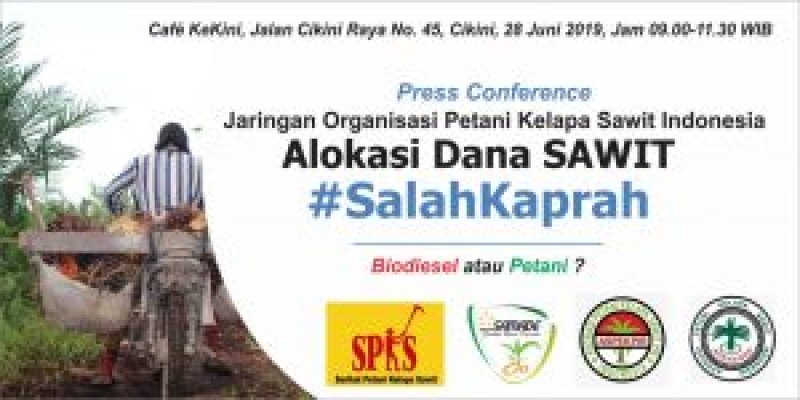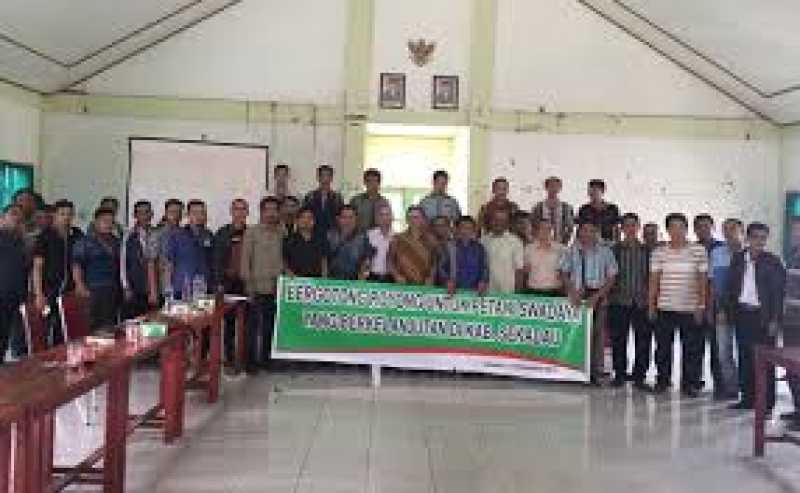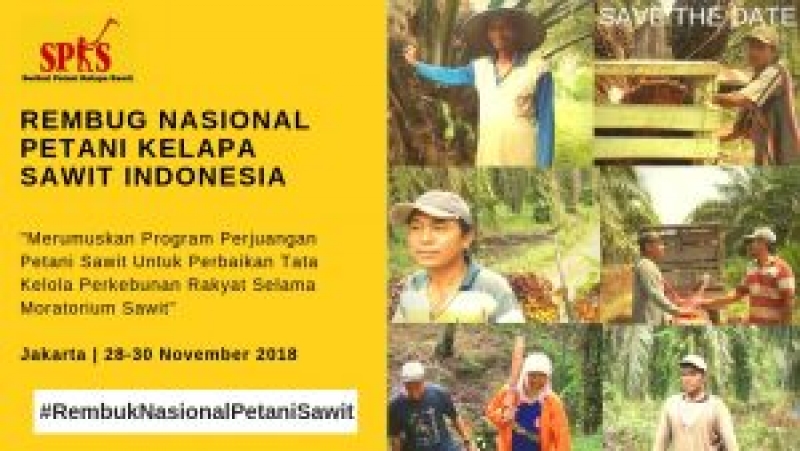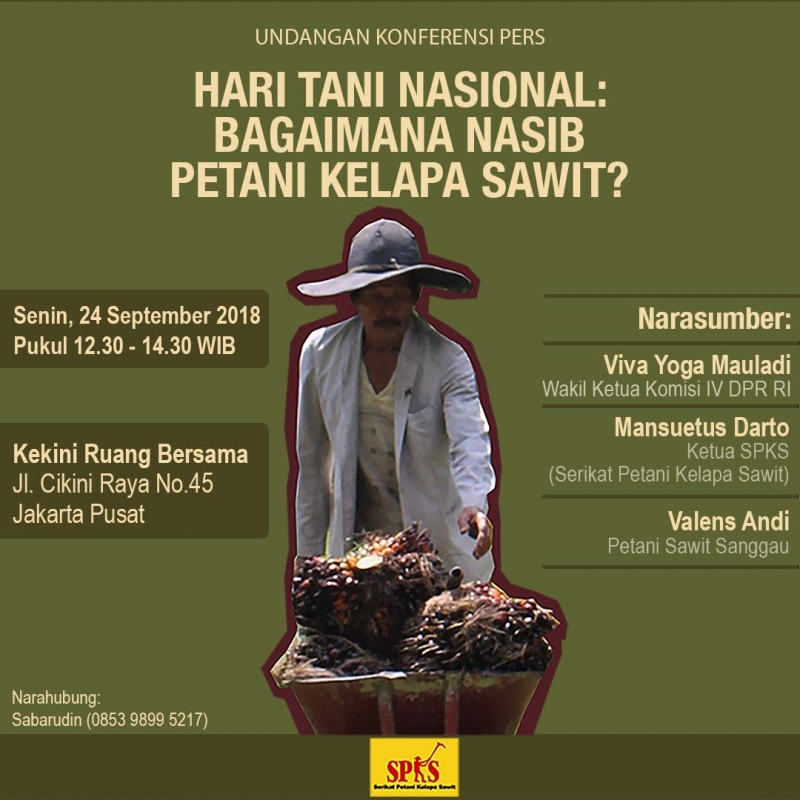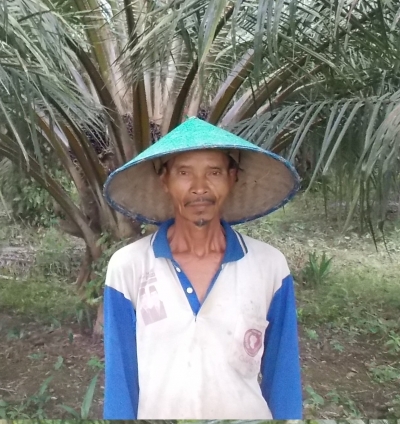Press Release
Palm Oil Smallholders Union (SPKS)
POTENTIAL CORRUPTION IN MISMANAGED PUBLIC SERVICE AGENCY
"Farmers are sacrificed and not taken care of" - All Programs Fail
Jakarta, 22 April 2021. The funds that have been allocated by the Indonesian Oil Palm Plantation Fund Management Agency (BPDPKS) for Biodiesel subsidies amount to IDR 57.72 Trillion. These funds have been sourced from Crude Palm Oil (CPO) export levies since 2015. Instead of farmers, they have been allocated to support the already well-established oil palm conglomerates controlling upstream and downstream of Indonesia's palm oil plantations.
The mismanagement of the Plantation Fund Management Agency (BPDP) as a Public Service Agency (BLU) can be clearly seen from the inequality of the BPDPKS institutional structure which is currently dominated by a group of oil palm entrepreneurs and conglomerates in the Agency’s steering committee that regulates the traffic of the oil palm fund allocations. The position of the supervisory body of the Agency is also very weak because it’s populated by director-generals of the Government of Indonesia’s ministries’ who sit on the Agency’s steering committee, and by representatives of oil palm business associations.
This mismanagement has been deliberately condoned. The two key figures in charge in the Agency are the Coordinating Minister for the Economy and the Minister of Finance who govern the policies of the steering committee. The Minister of Finance also governs the Agency’ implementing body and the supervisory board. Nearly all executors of the Agency are controlled by the Minister of Finance’s confidants who do not have the knowledge and capacity in the plantation sector.
The total BPDPKS funds for smallholder plantation programs, especially for oil palm rejuvenation, is only about IDR 5.3 trillion. The fund for the development of human resources for oil palm farmers through training is only around IDR 15 billion. This is not in line with the government’s claim that the community plantation program is a priority. In reality, the farmers' palm oil program is less important than biodiesel subsidies, which almost cost 90% of the palm oil funds.
SPKS noted that during the COVID pandemic, no specific assistance has been provided to oil palm farmers. Instead, the government issued incentives for the biodiesel industry. The government’s claim that the biodiesel incentives were provided to stabilize the palm oil Fresh Fruit Bunches (FFB) prices at the farm level is simply not true, because the increase in FFB prices was caused by the increase in CPO prices globally. Their other claim that an incentive for the biodiesel industry was needed to absorb excess FFB is also incorrect. Over-supply occurs because the plantation expansion continues to happen despite the oil palm moratorium instruction by the government. The oil palm moratorium instruction should be obeyed and maintained.
The claim that the biodiesel industry provides welfare for farmers is not justified. How can the farmers make a living, if the palm oil companies prefer to absorb FFB from its own plantation or from their own third-party company instead of from the farmers?
The Ministry of Finance's policy to increase company palm oil export fees is another form of injustice. The company would channel these levies by reducing the price of FFB at the level of the smallholders. This proves that the source of levies is not only from palm oil companies but also from 41.35% (2019 BPS Data) of plantations managed by farmers. Unfortunately, these funds would not be returned to farmers, but to the biodiesel companies. This government policy that emerged during the COVID pandemic in 2020 is a serious alarm that the government's impartiality towards farmers is common, which confirms how farmers are excluded.
Due to the unacceptable action by BPDPKS, which has been acting as the financial support agency for businessmen and government officials from the Ministries, we, SPKS, representing the oil palm smallholders in Indonesia demand:
1. Remove oil palm conglomerates from the BPDPKS: Wilmar (Martua Sitorus), Sinar Mas (Frangky Oesman Widjaya) and Arief Patrict Rahmat (Triputra). These three conglomerates own biodiesel businesses, and they control nearly 1.5 million hectares of oil palm plantations. In addition, oil palm entrepreneur association needs to be removed from the Agency’s Supervisory Board.
2. The government must reform the governance and institutional structure of the BPDPKS to accommodate farmer representatives and immediately establish a special directorate for sustainable smallholder oil palm development.
3. The Indonesian Audit Board (BPK) and the Corruption Eradication Commission (KPK) must audit and trace the use of the BPDPKS funds. In the future, we demand public transparency in the use of the BPDPKS budget. Don't let this add to the mega list of corruption in the era of President Joko Widodo.
4. The allocation of the Palm Oil Fund should not discriminate against farmers. We propose that the proportion of the oil palm plantation areas and challenges faced by stakeholders should be the key indicator in the allocation of the fund.
5. We demand that the grant fund should be increased to IDR 50 million so that it can meet the funding required by each farmer in the replanting period and while oil palm is not yet produced. This would be one of the government's affirmative policy solutions for farmers.
6. BDPKS must immediately realize the financing for SAPRAS through the construction of a ‘Mini Mill’ for farmers that Jokowi has promised. In addition, palm oil funds must be addressing the required infrastructure, and other related issues.
7. The increase in CPO levies by BPDPKS must be cancelled, because it is detrimental to farmers. In the midst of a pandemic, the government must protect its people, not to aggravate the situation which only saves the businessmen (by implementing the B40 and B50 programs and so on).
8. The government must immediately formulate regulations on biodiesel trade and supply chains that involve farmers in partnership with independent smallholder farmers' cooperatives. Companies that do not accept fruit from the farmers must be strictly punished.
9. End subsidy for palm oil conglomerates. The palm oil and biodiesel conglomerates who are managing hundreds of thousands of hectares of land do not need subsidies. The wealth of 29 palm oil conglomerates is equivalent to 67% of the 2017 State Budget (TuK Indonesia report). Do they need to be subsidized? Don't make BPDPKS a "cash cow" for conglomerates.
10. The Ministry of Finance has also increased the levy in line with international CPO prices. The cut is up to 250 USD / ton. As a result, if this cut is implemented, farmers would never enjoy a better price for palm fruit, because the cut would cost farmers around IDR 500-700 / kg FFB.
For further information, please contact:
Sabarudin - Departemen Organisasi dan Anggota
Sekretariat Nasional SPKS :
Tel: 0251-8571263
Email:info.spksnasional@gmail.com
Website: www.spks.or.id
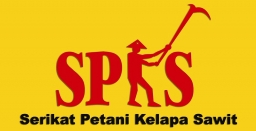
 English
English Indonesia
Indonesia